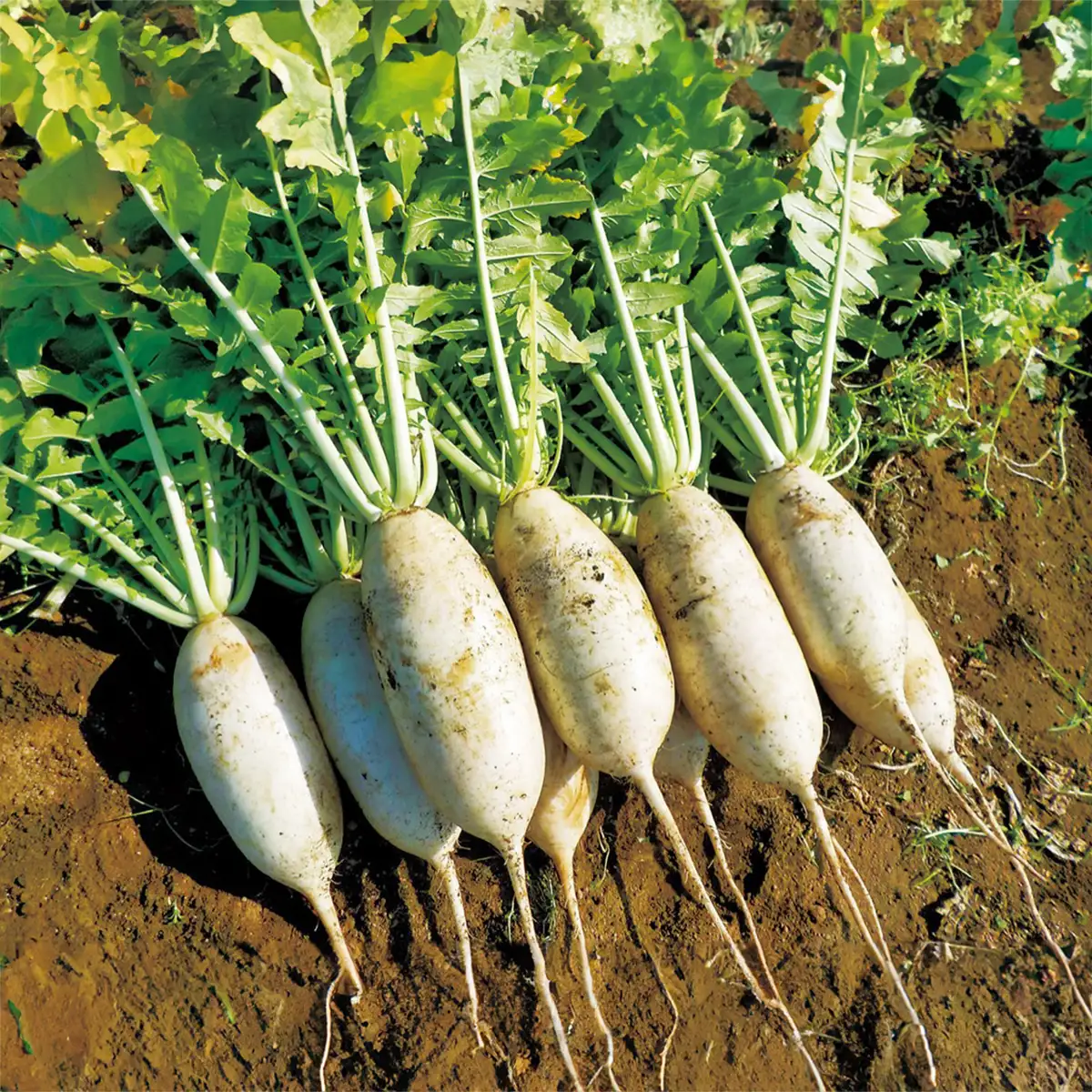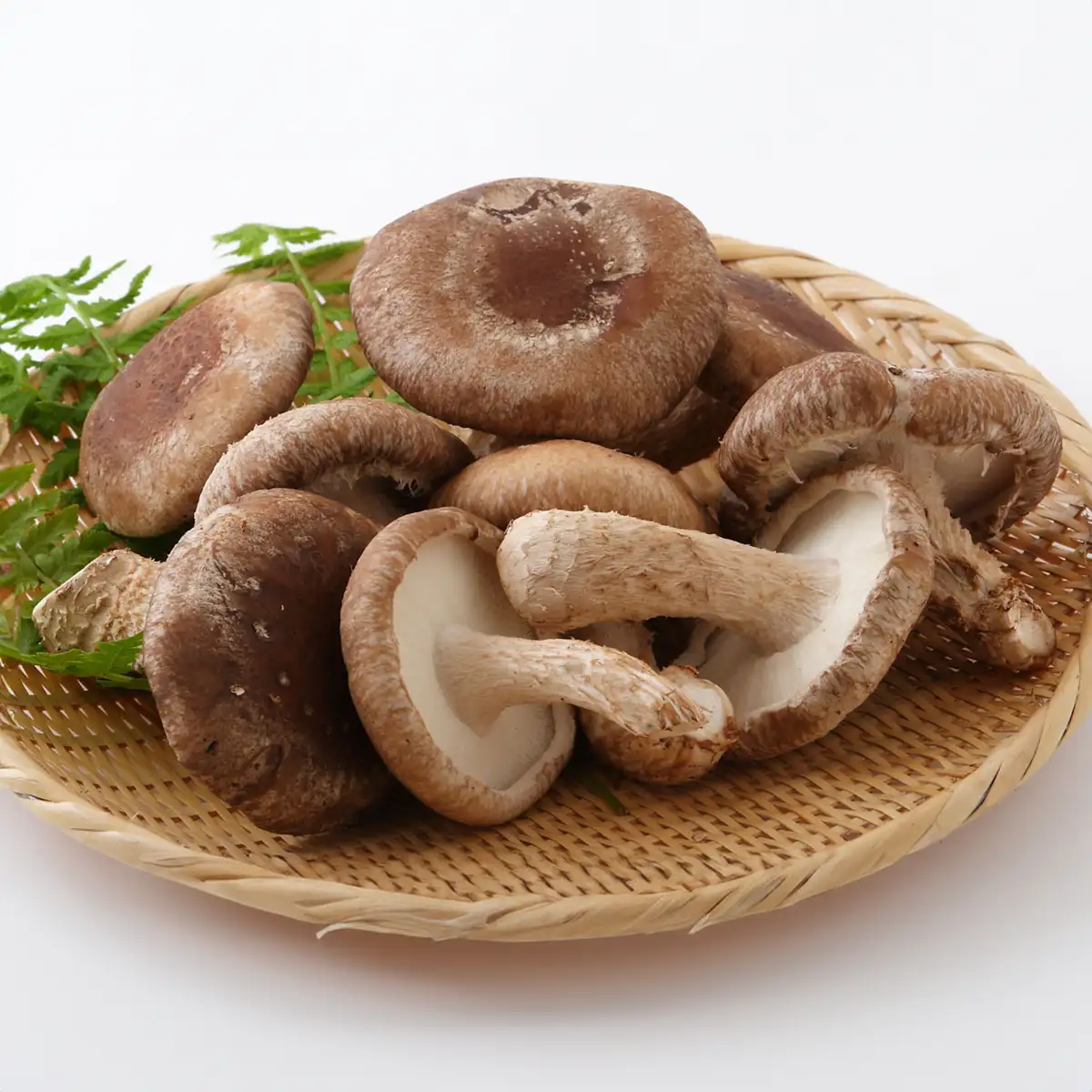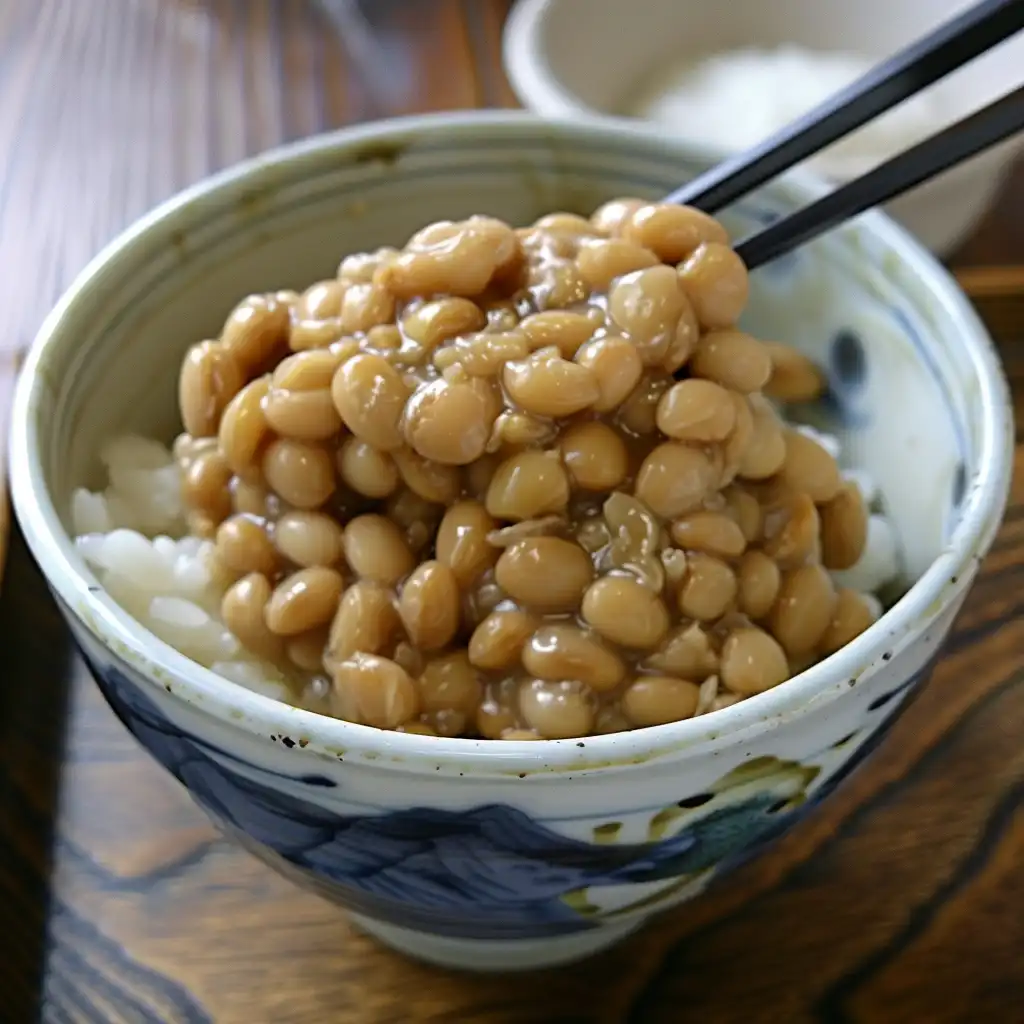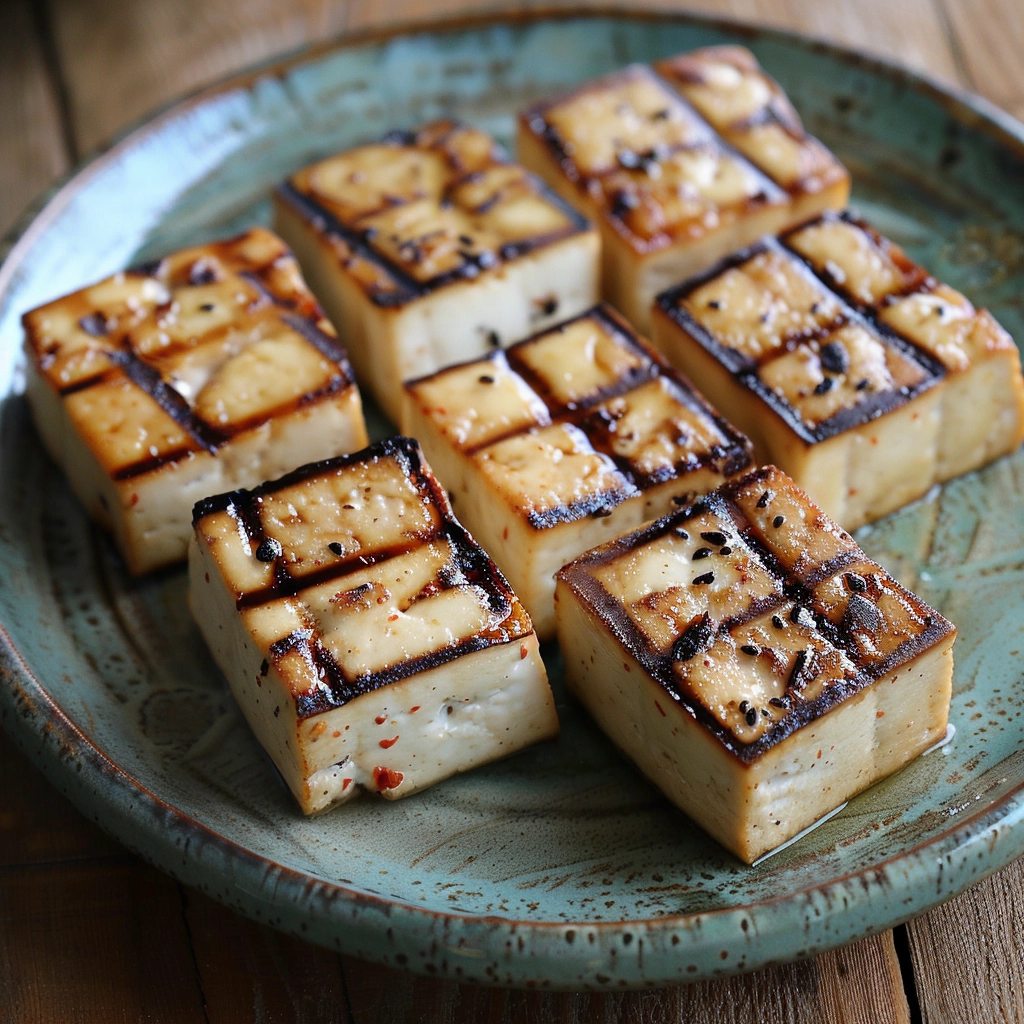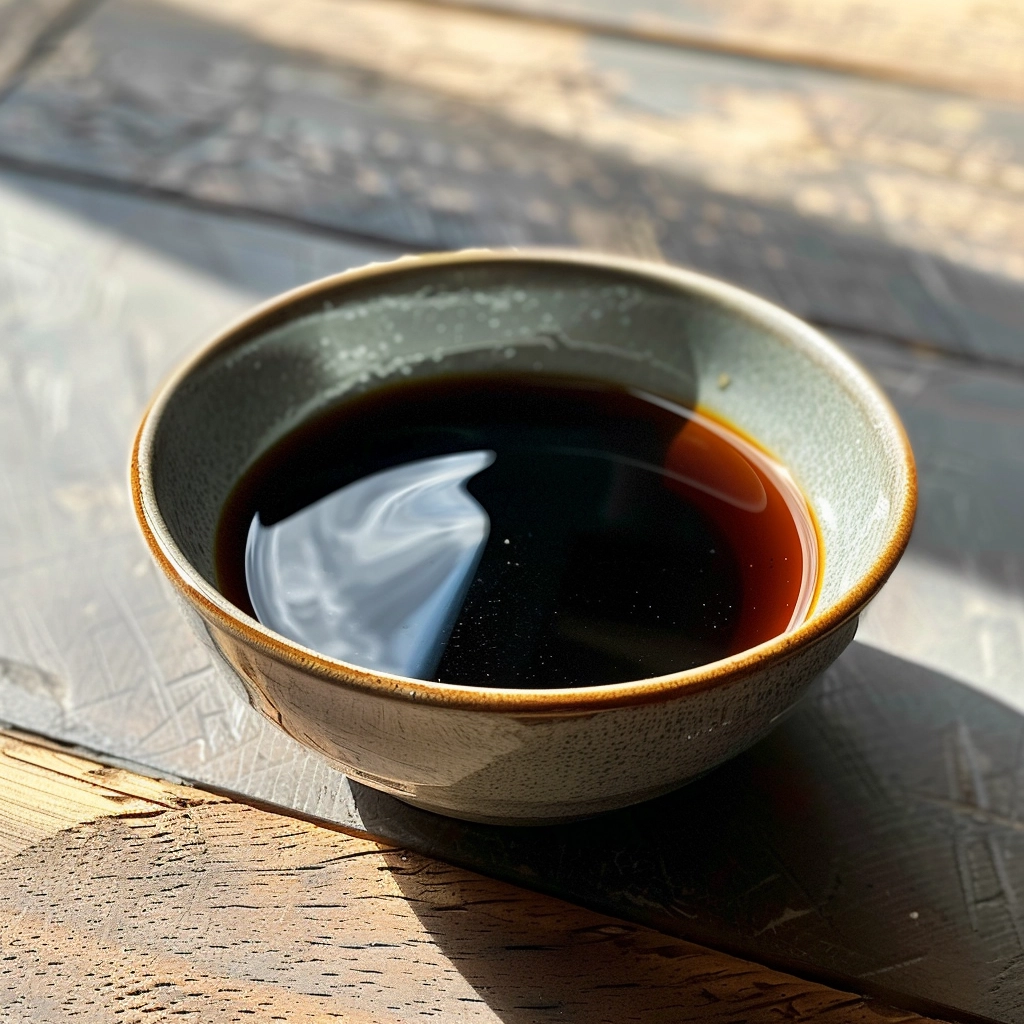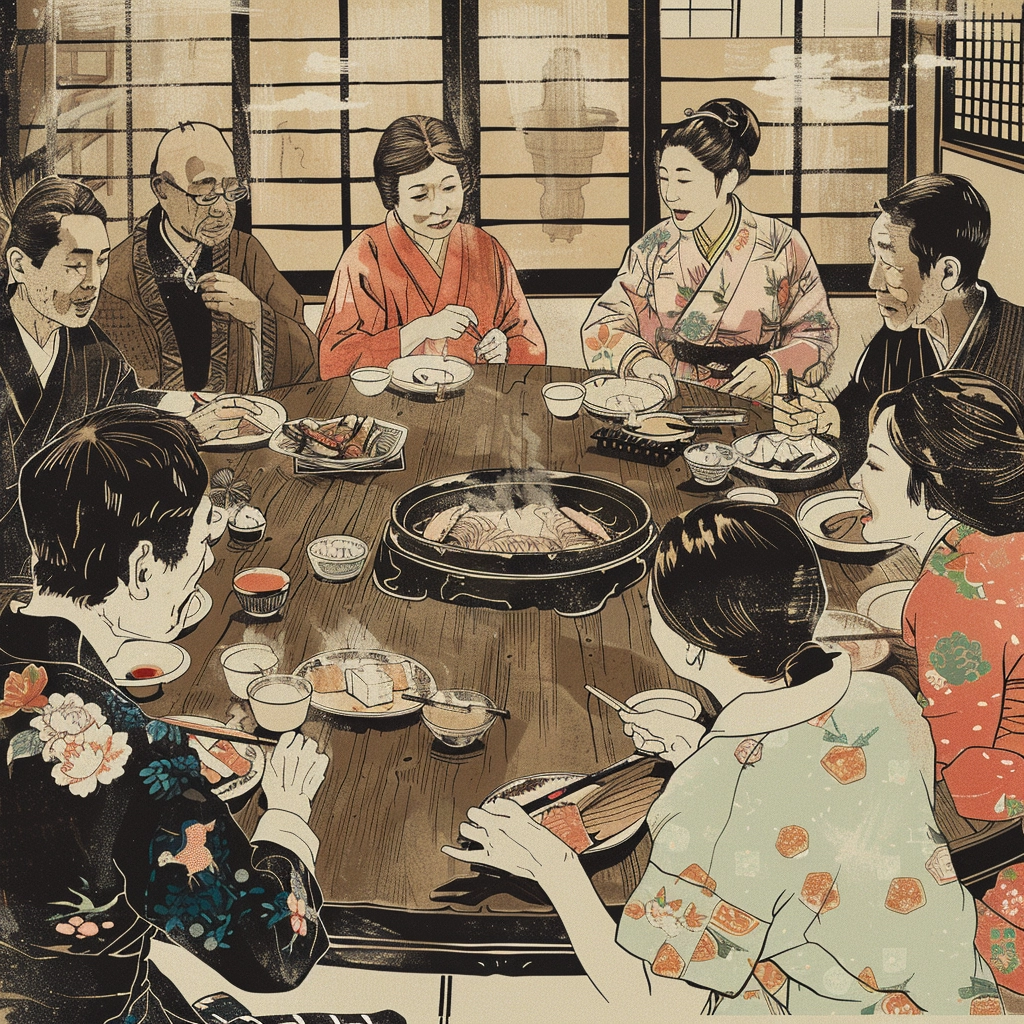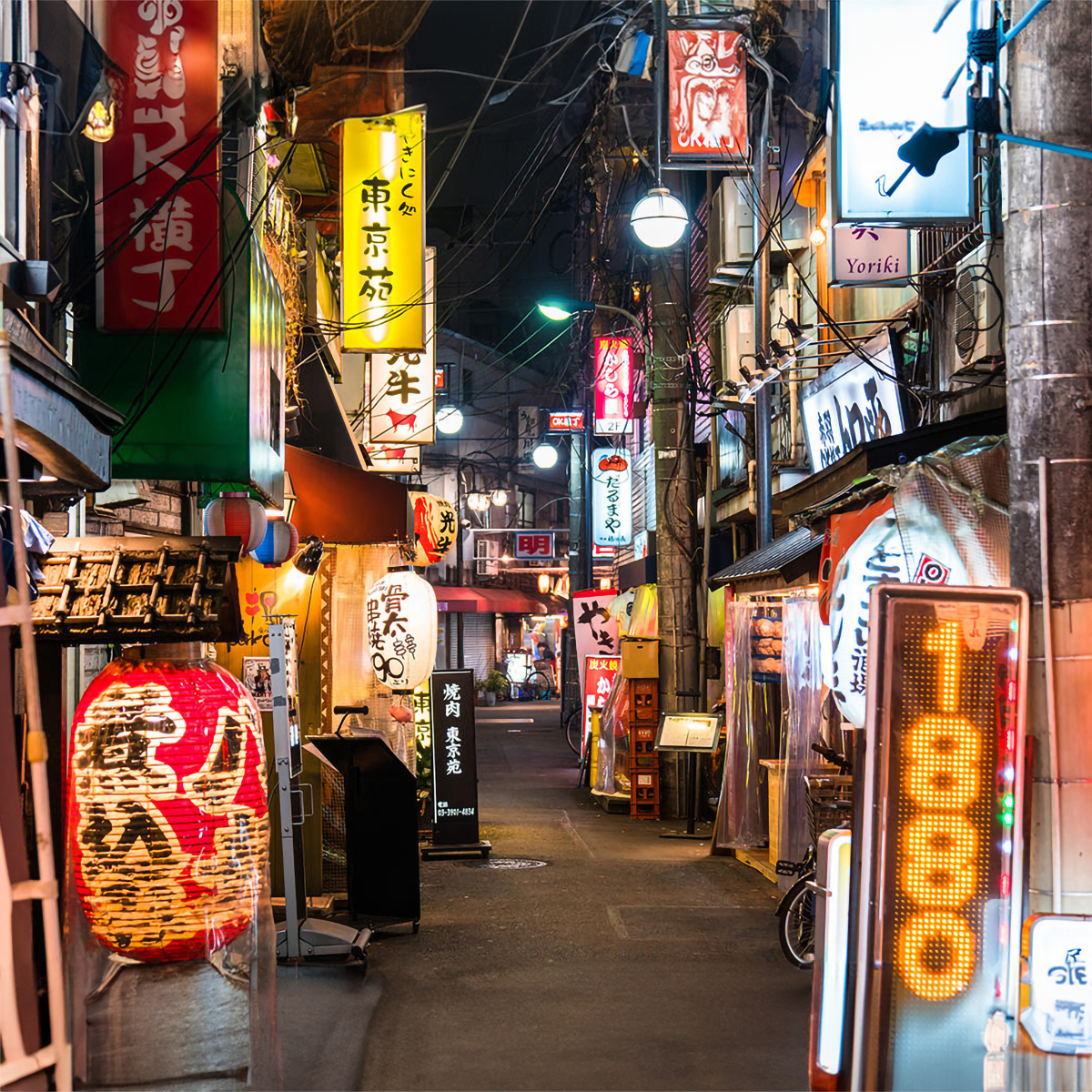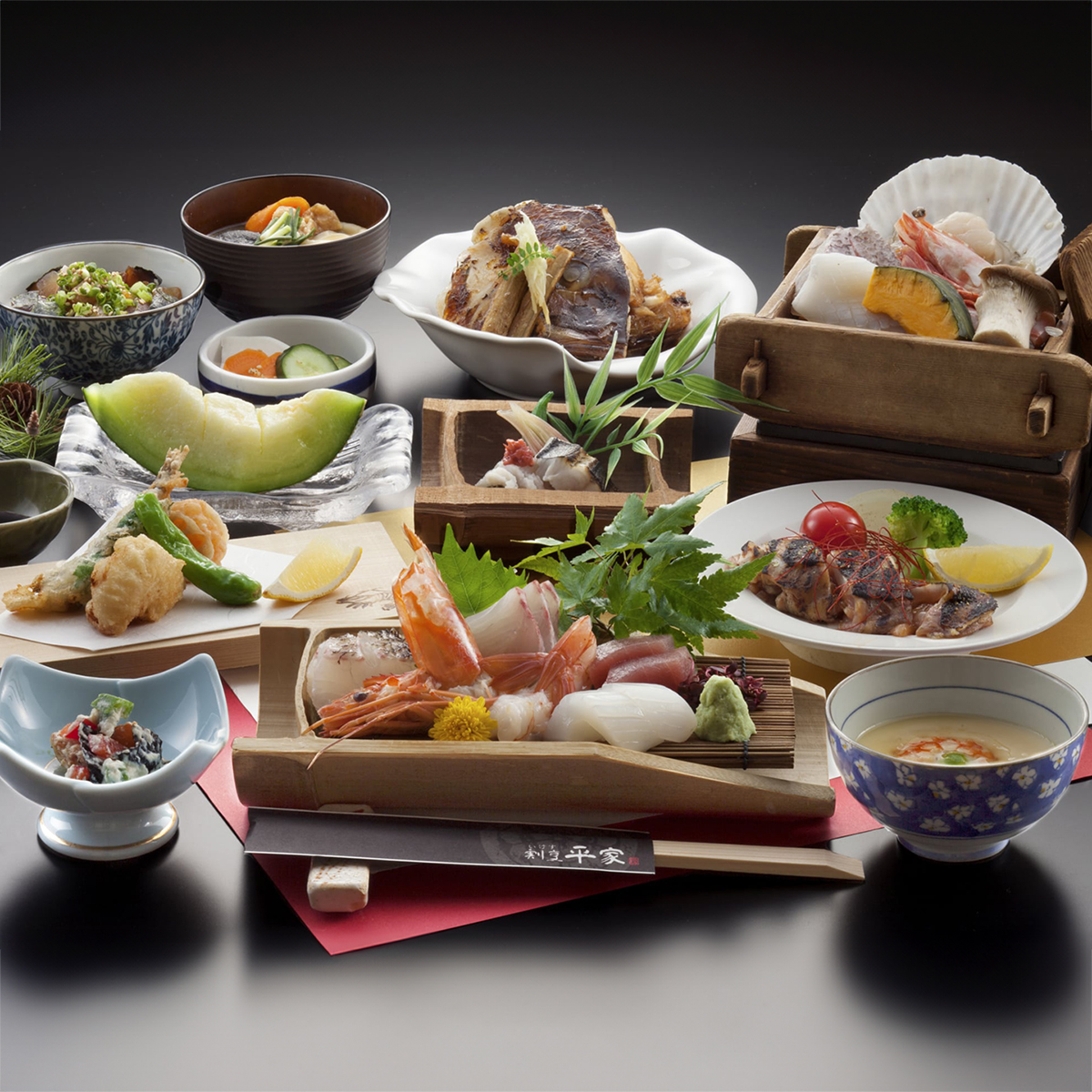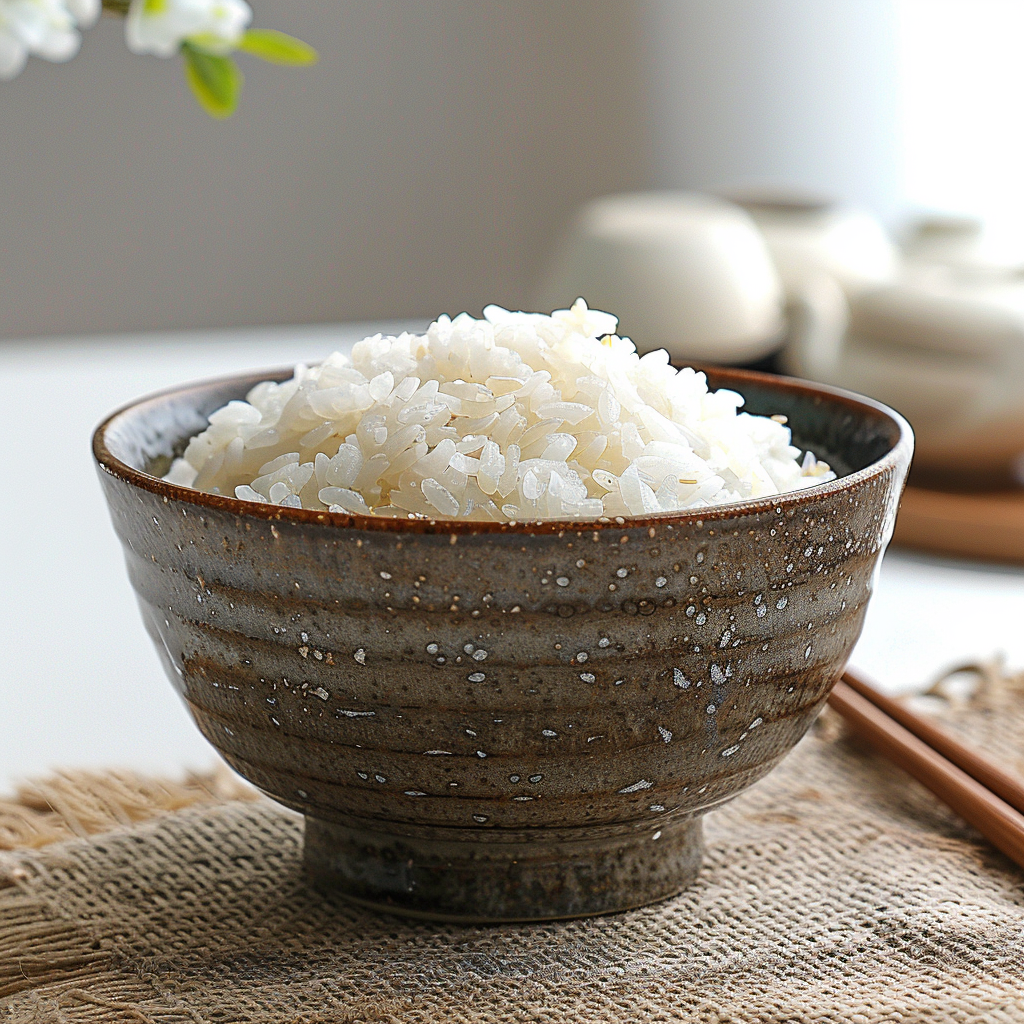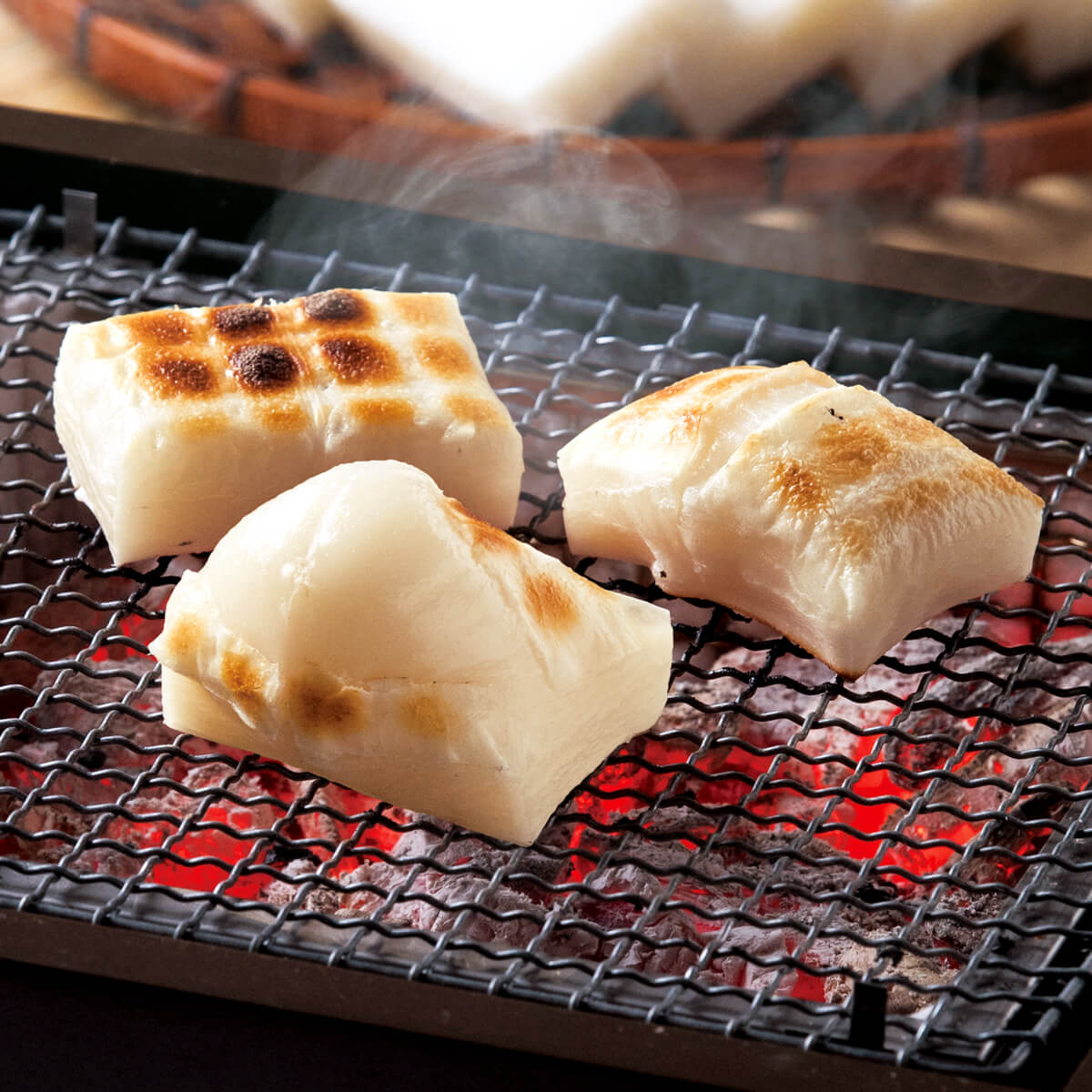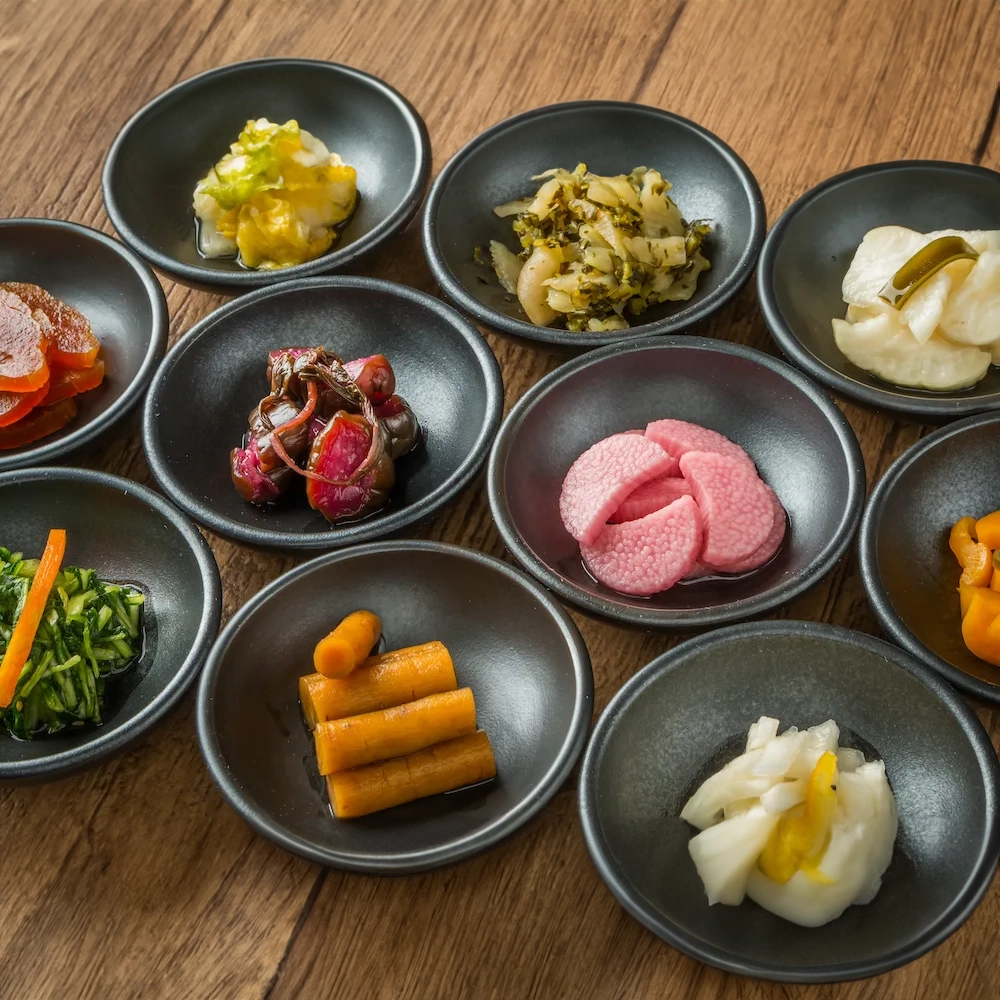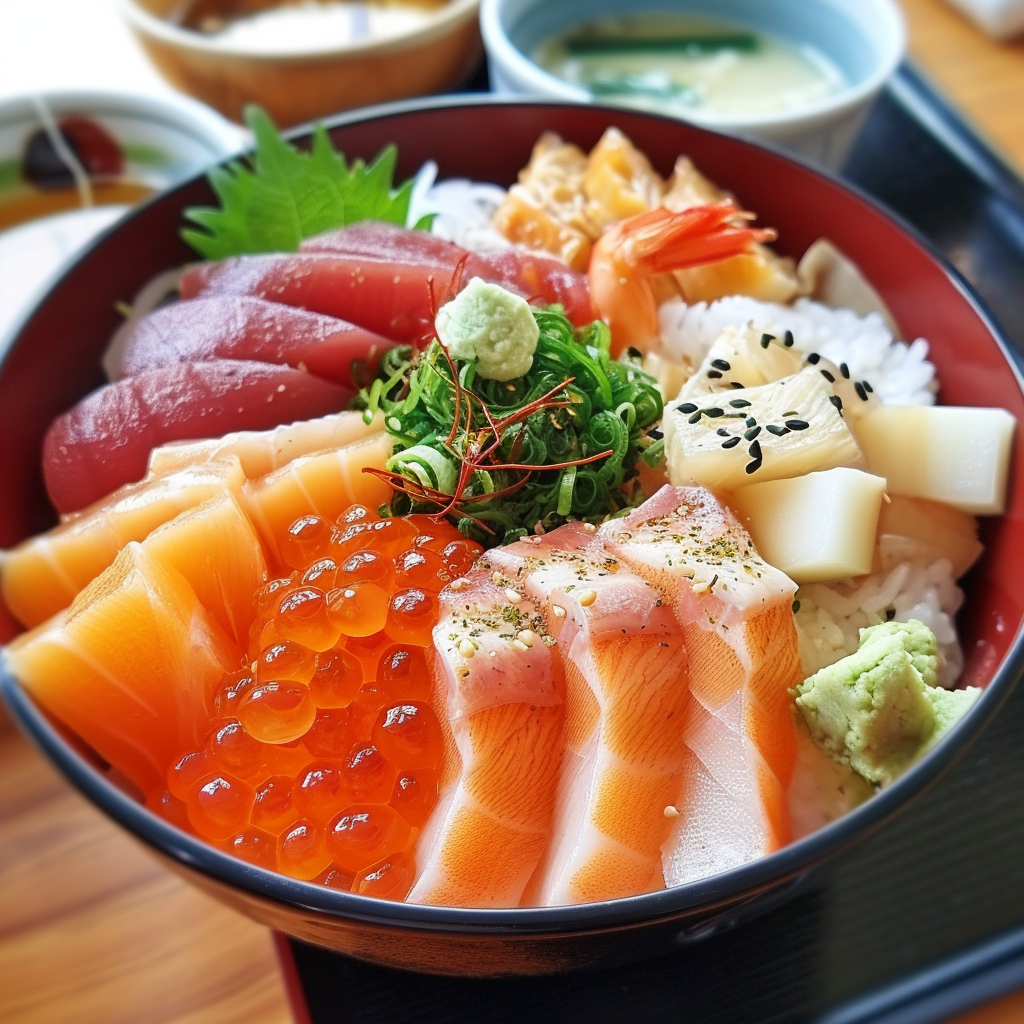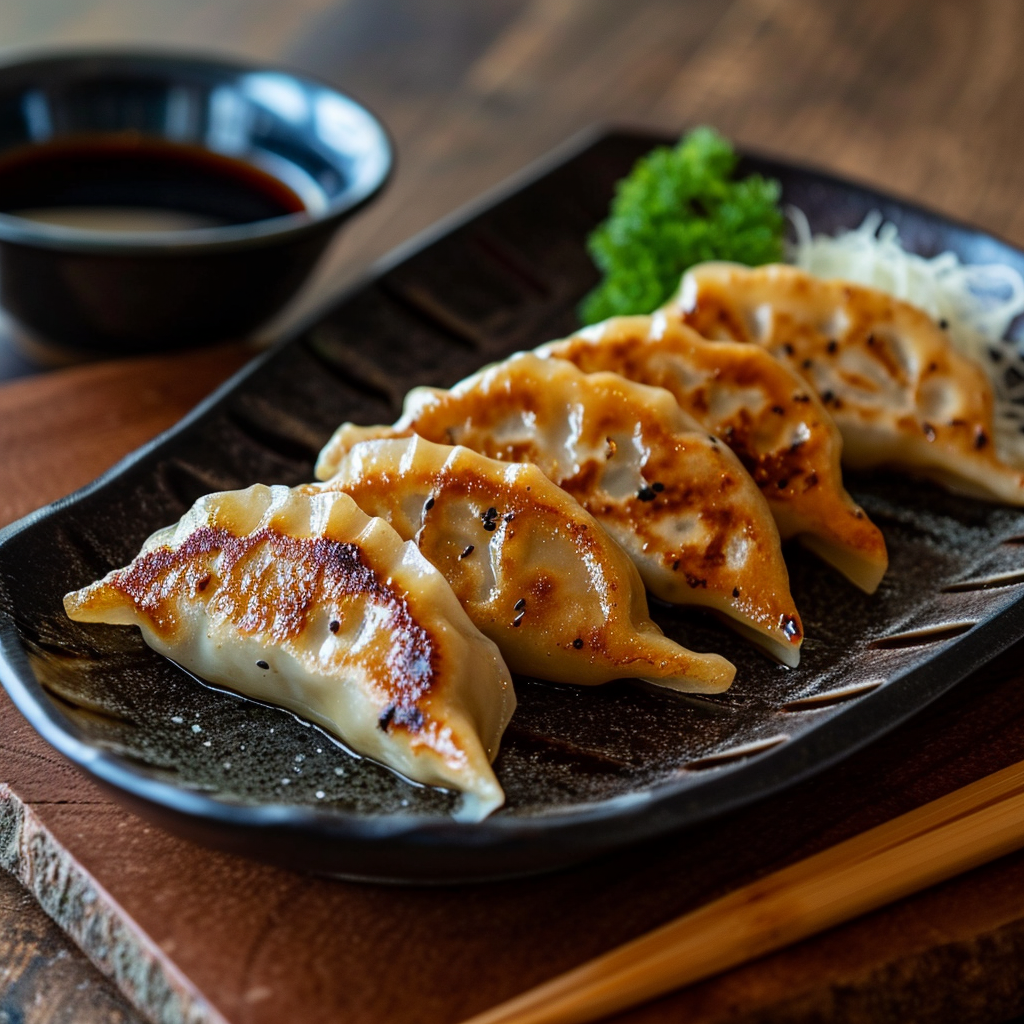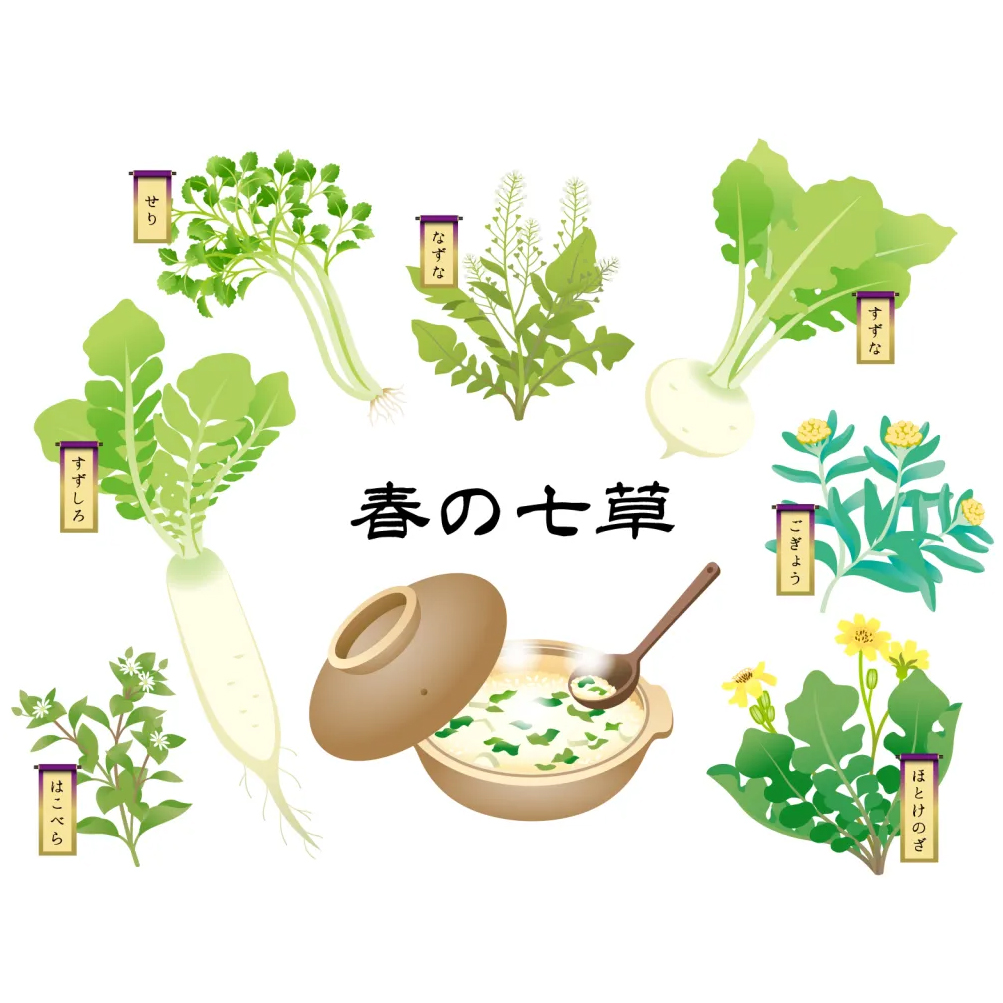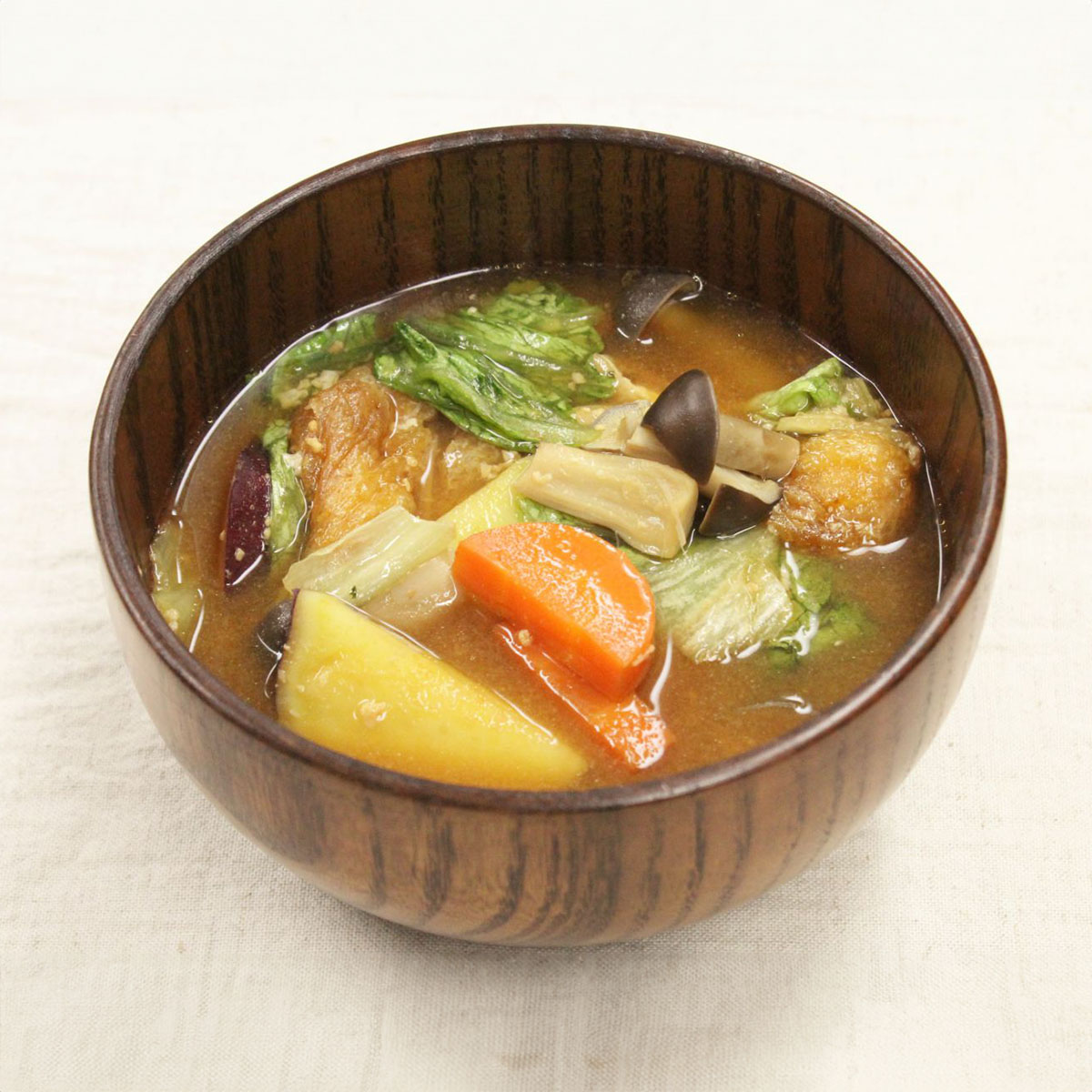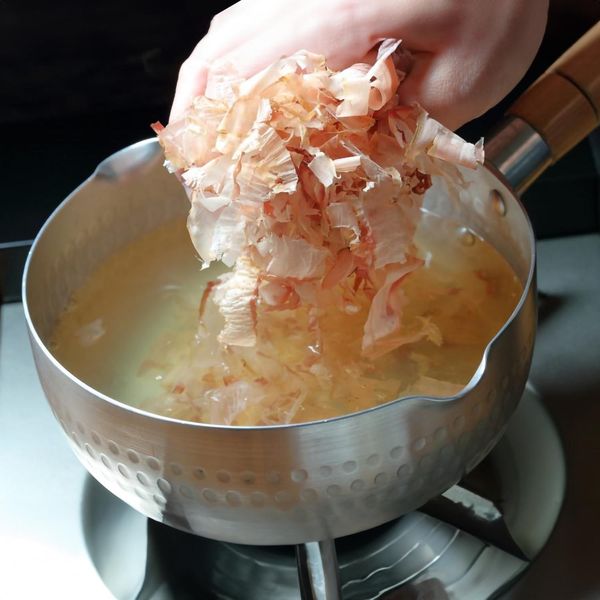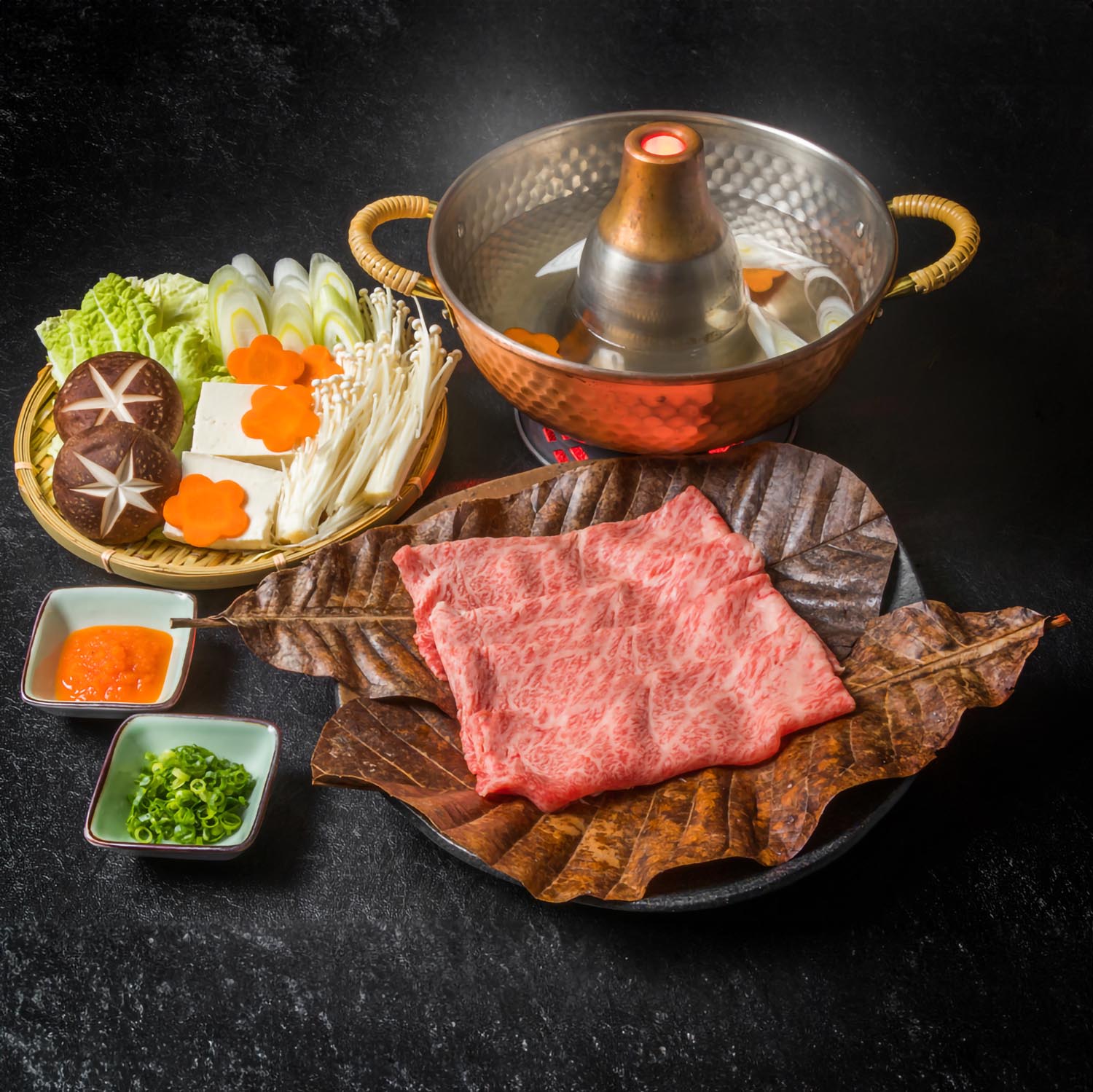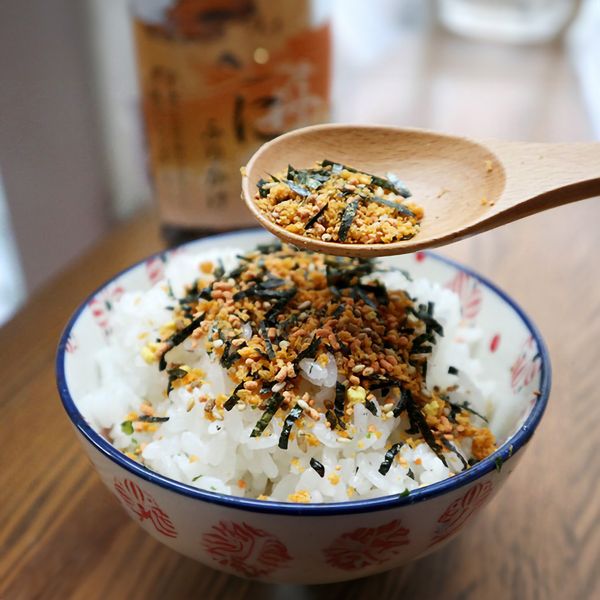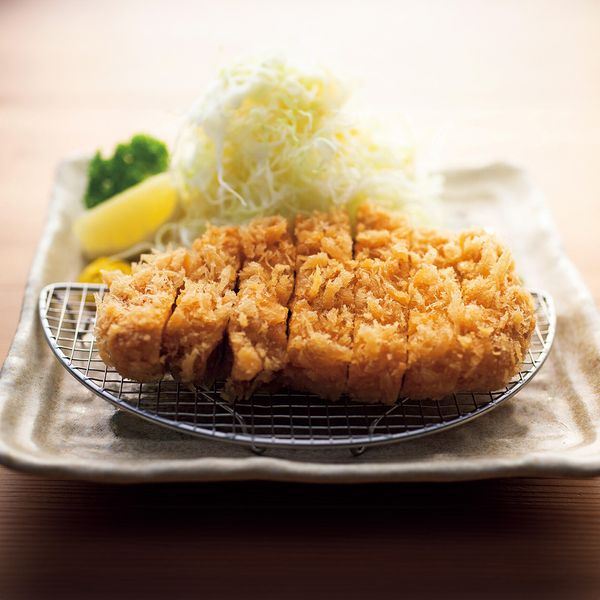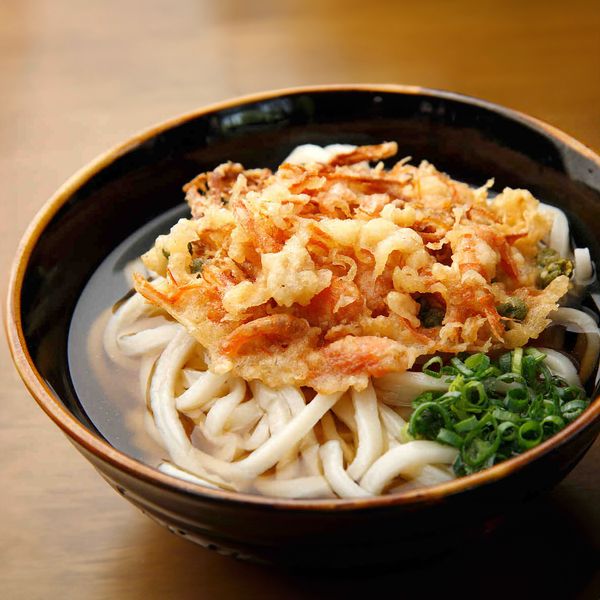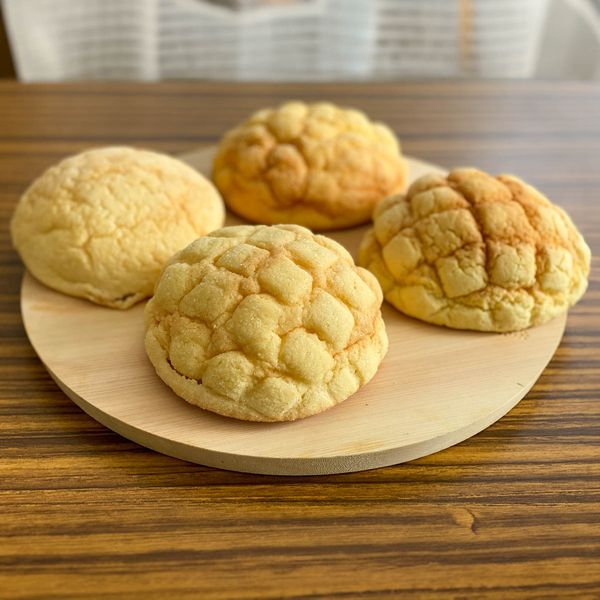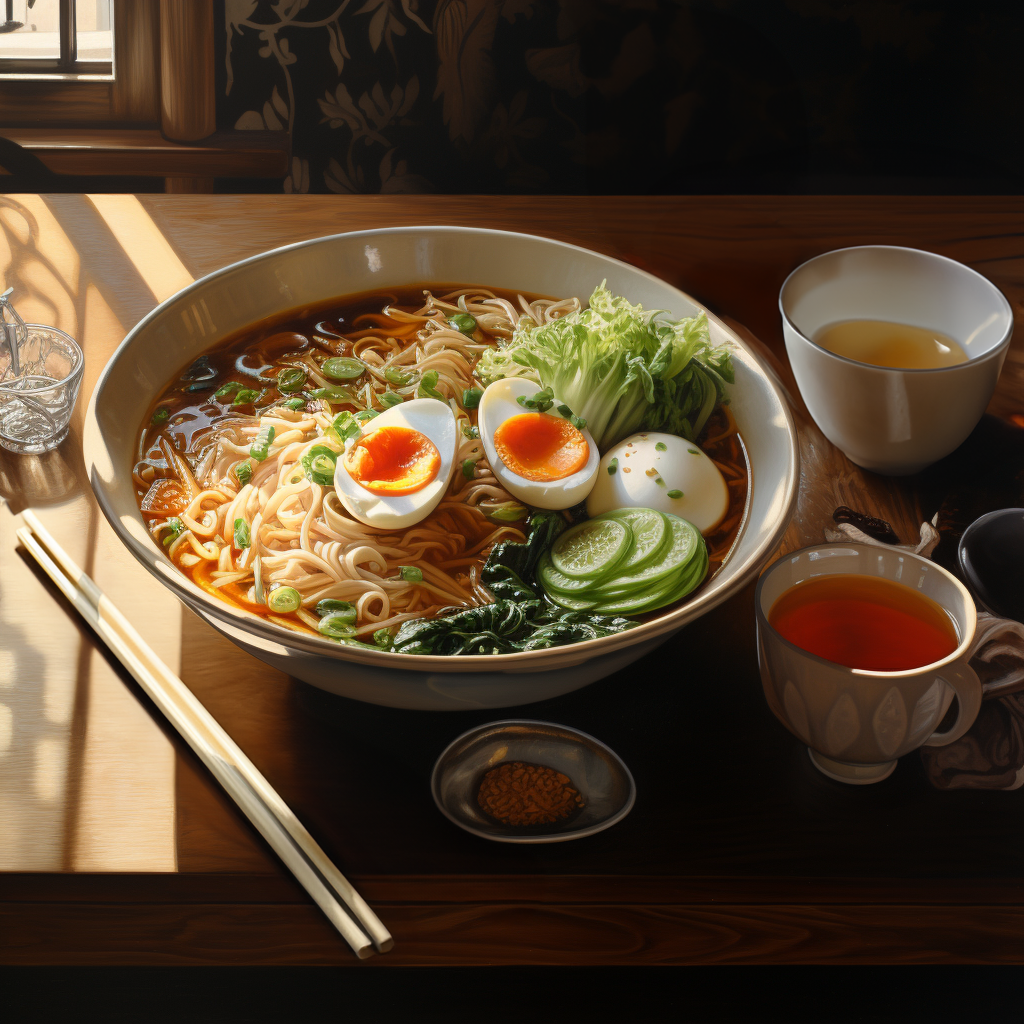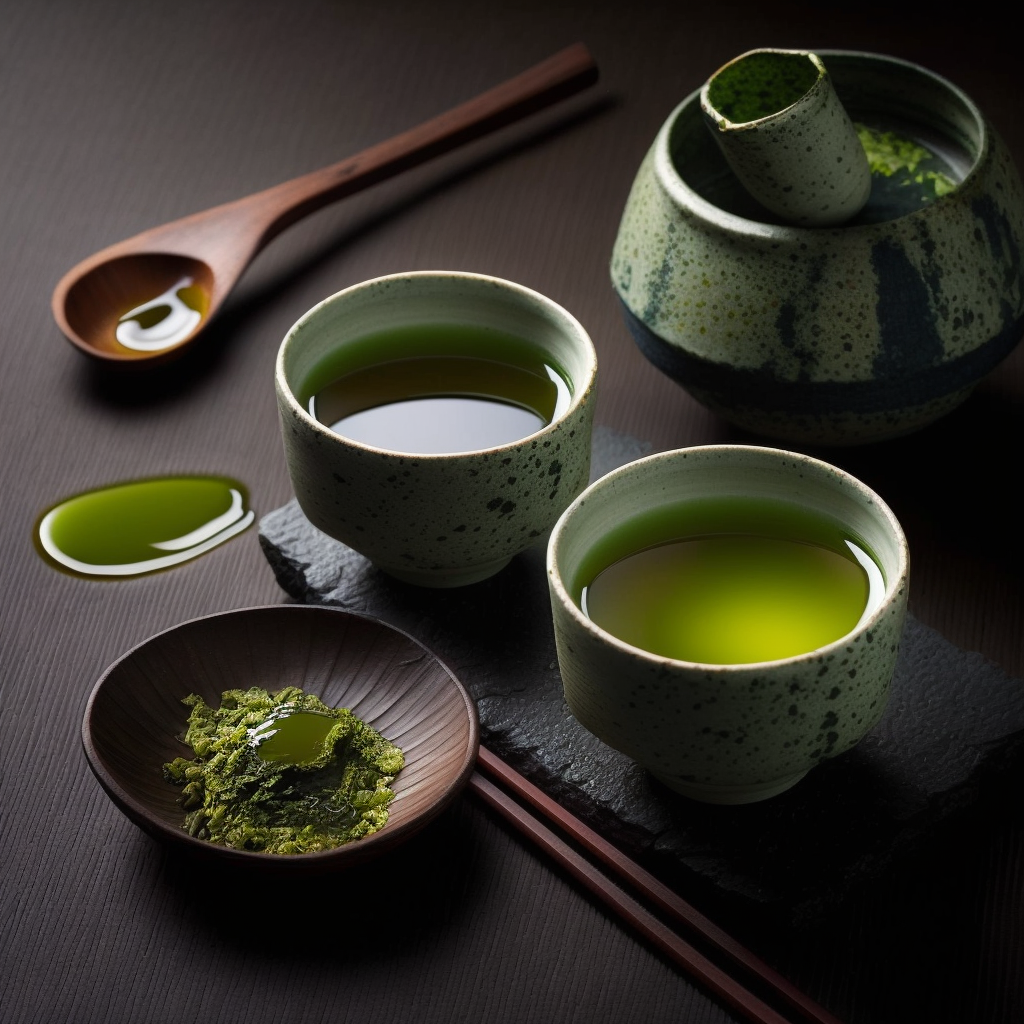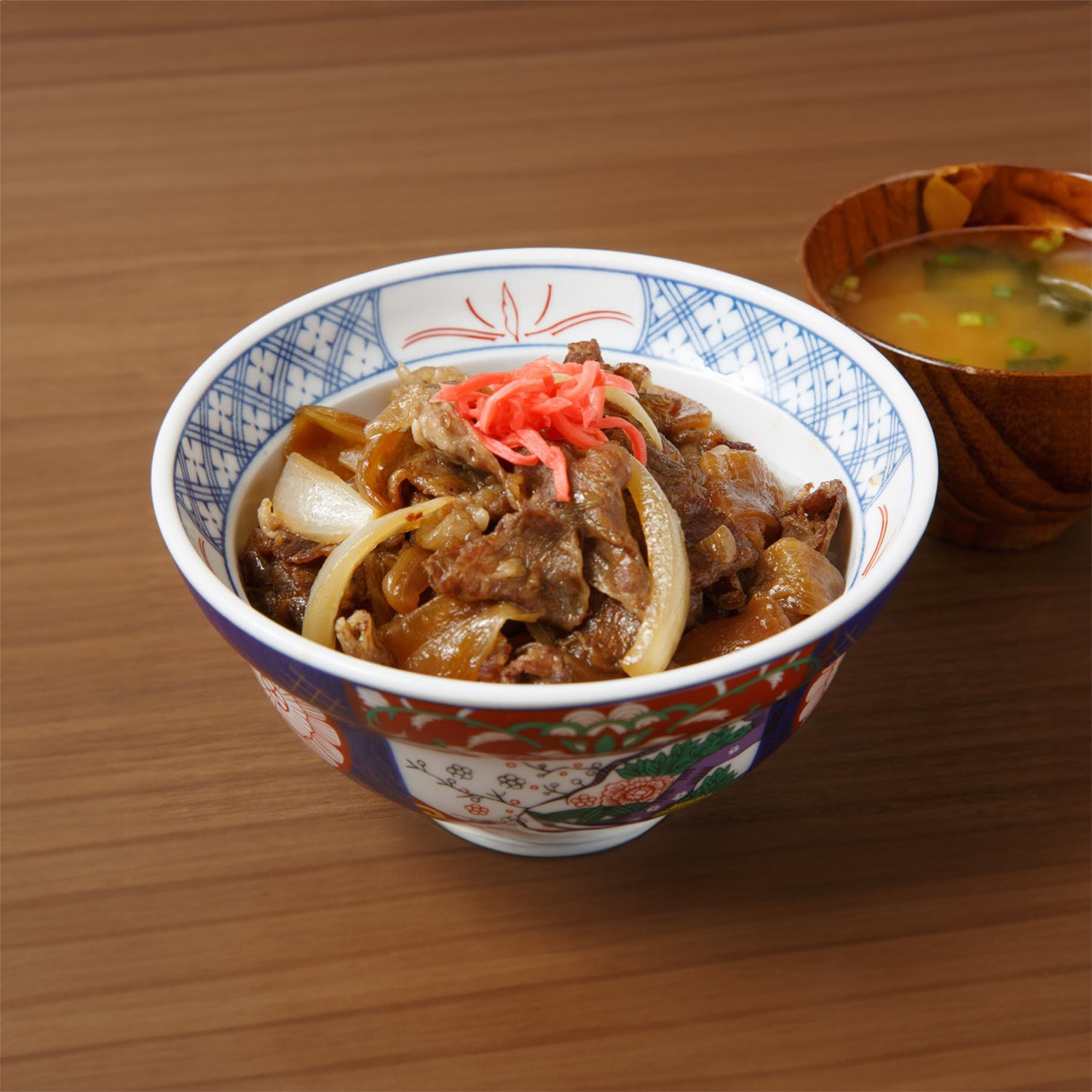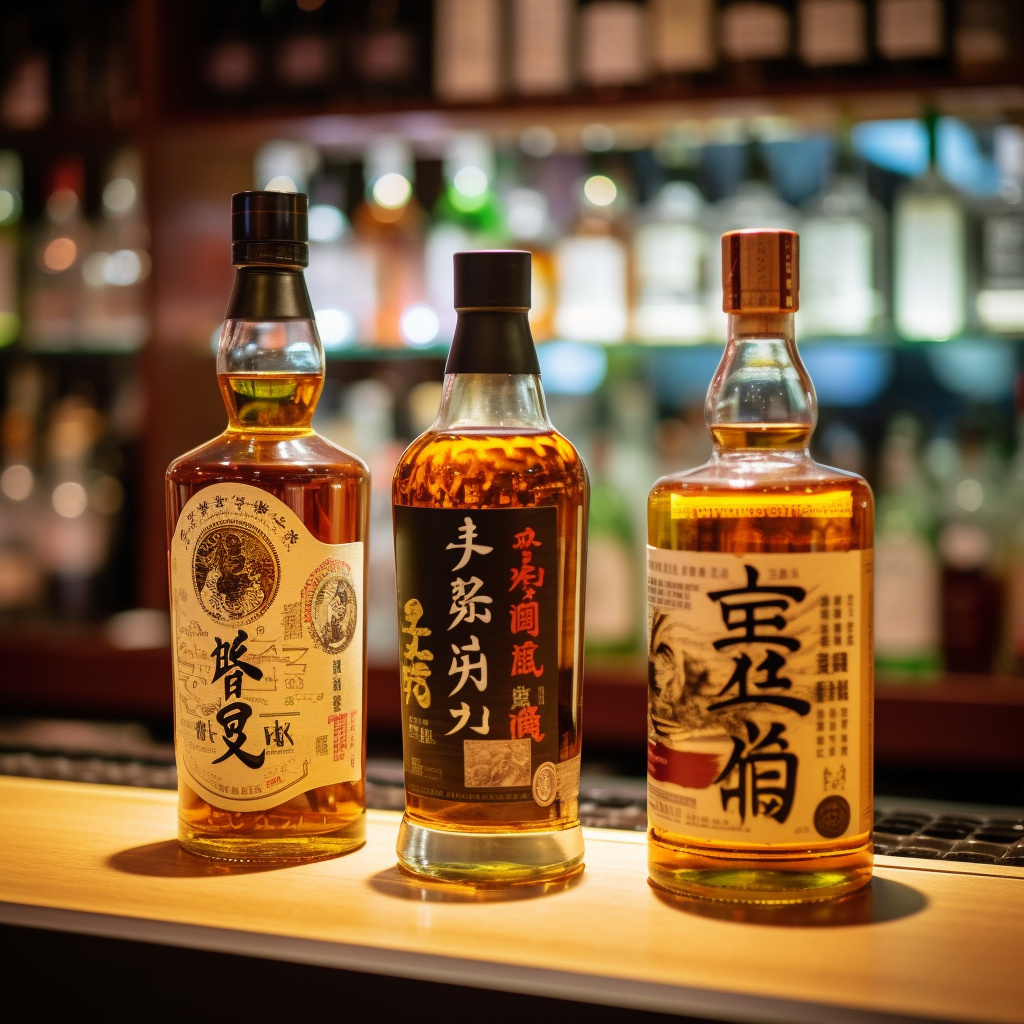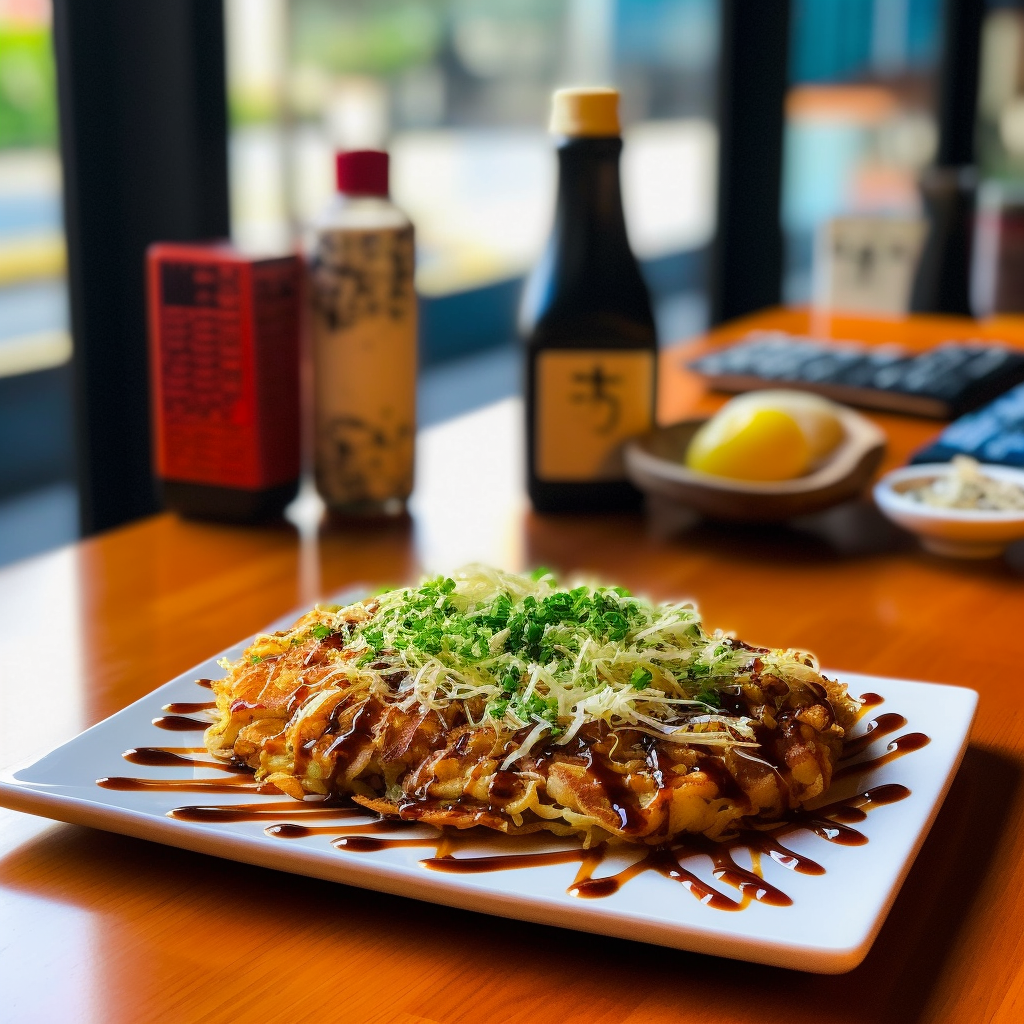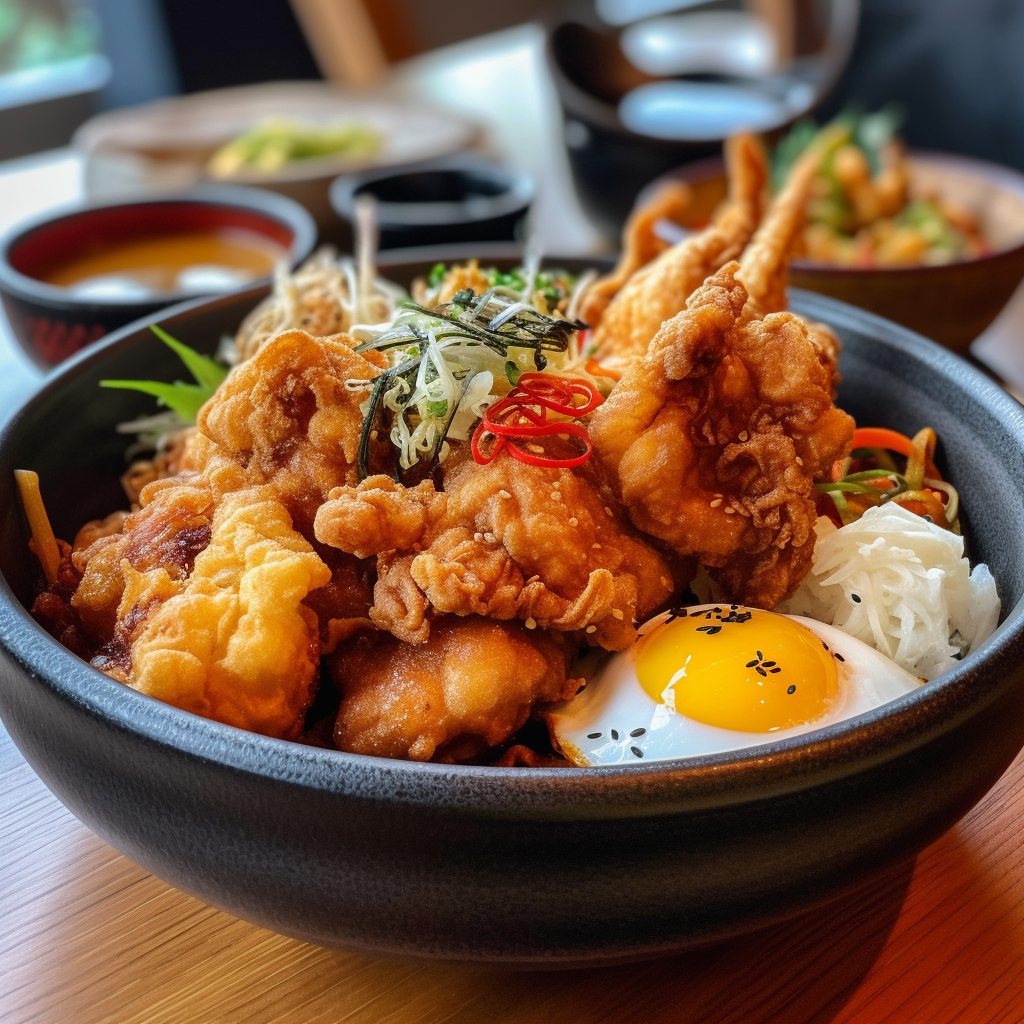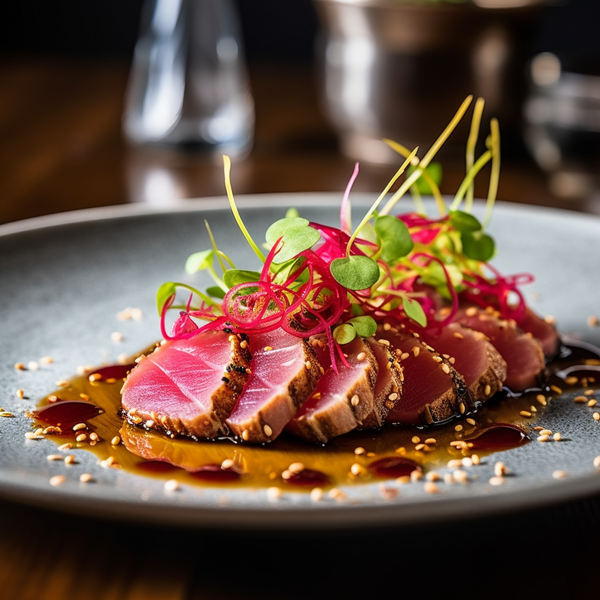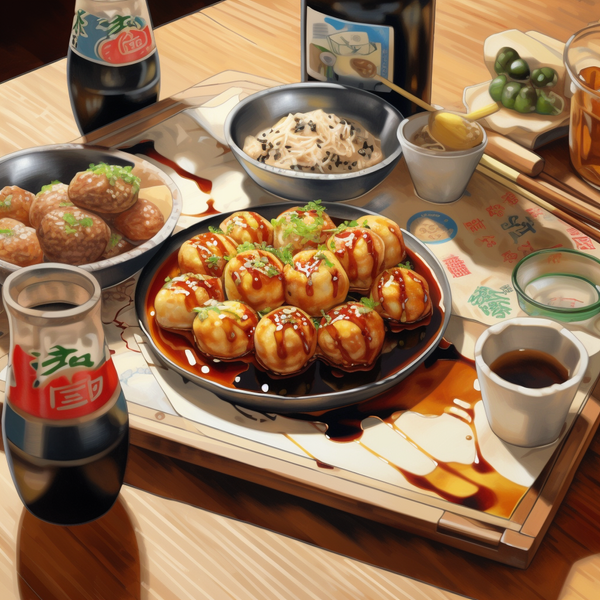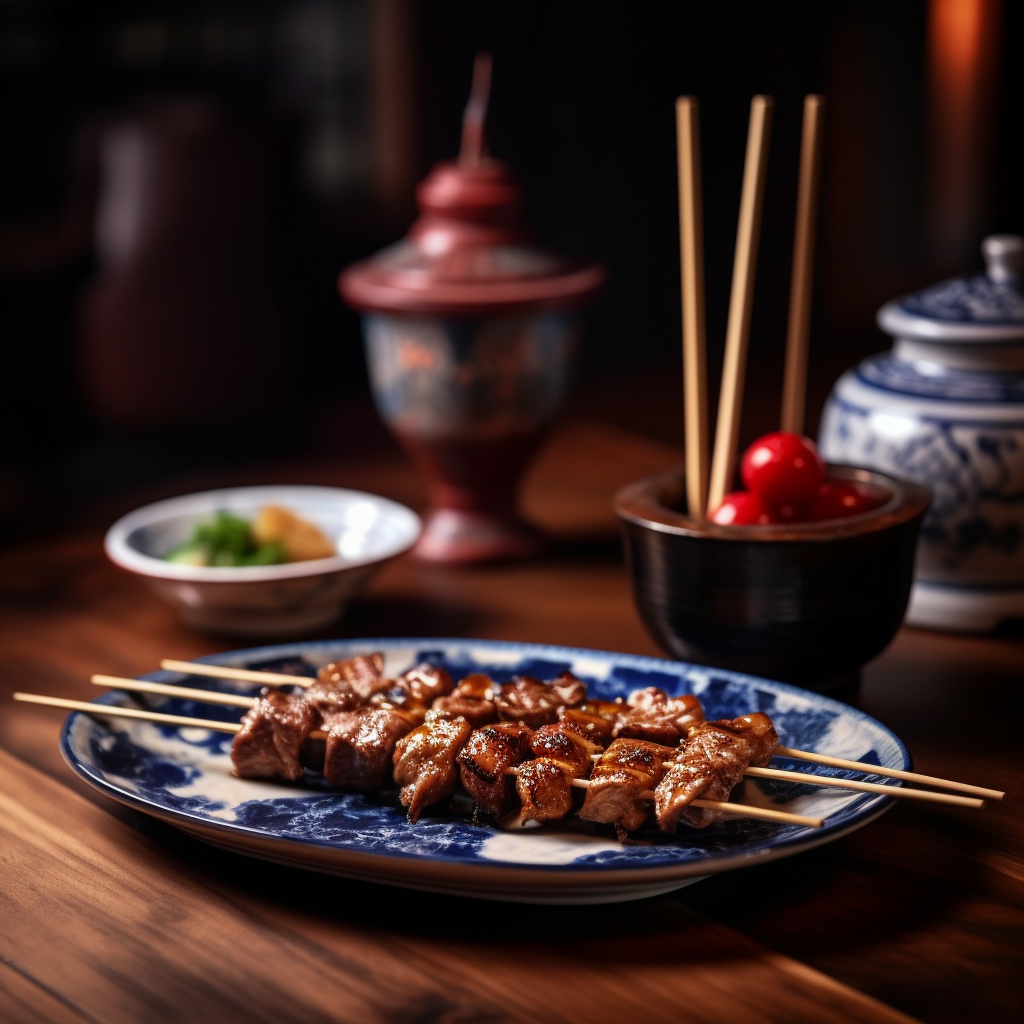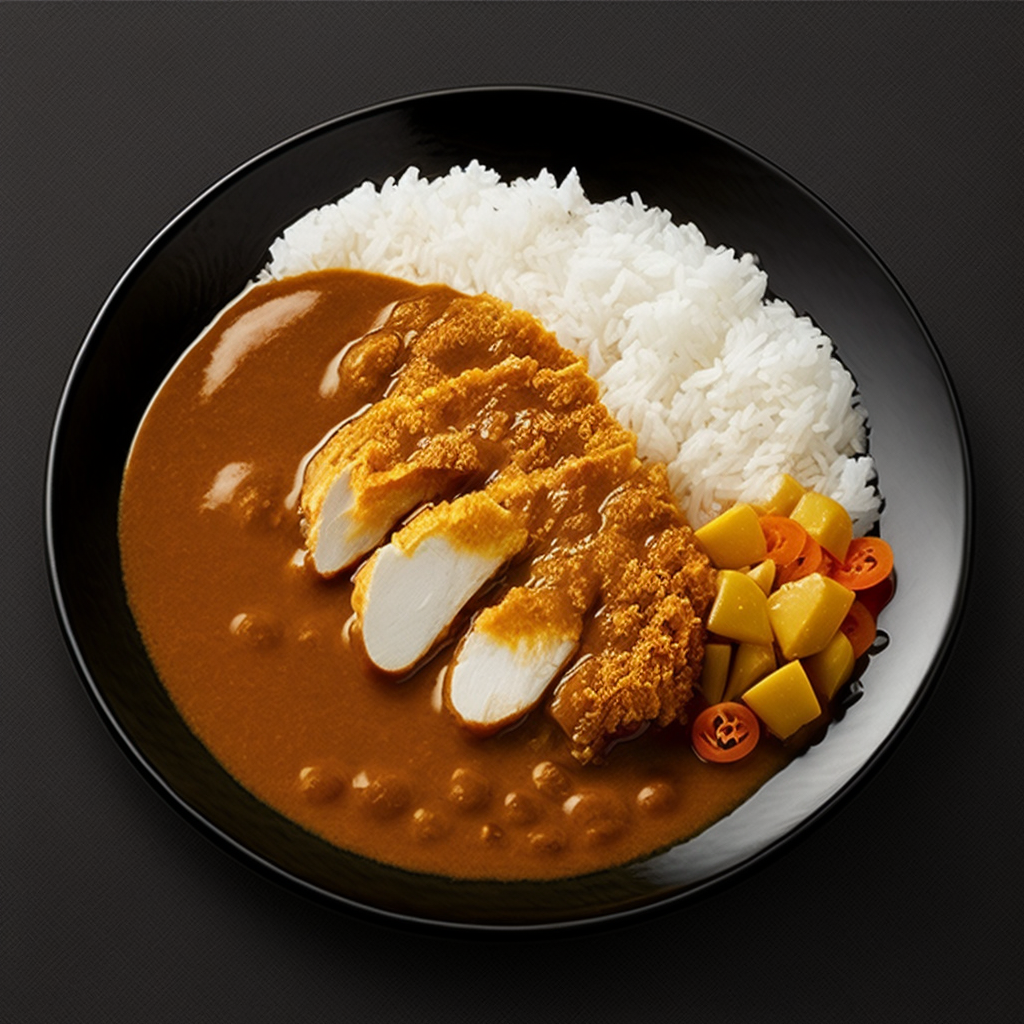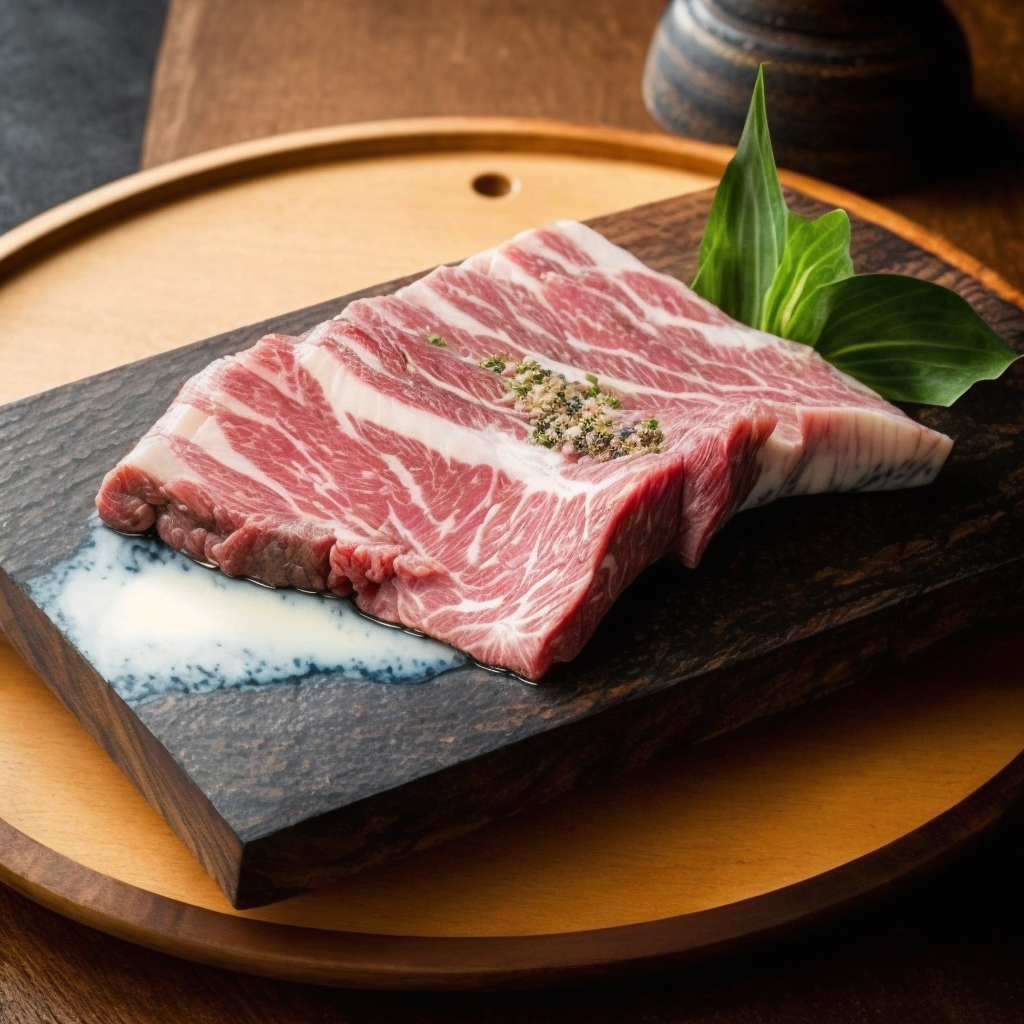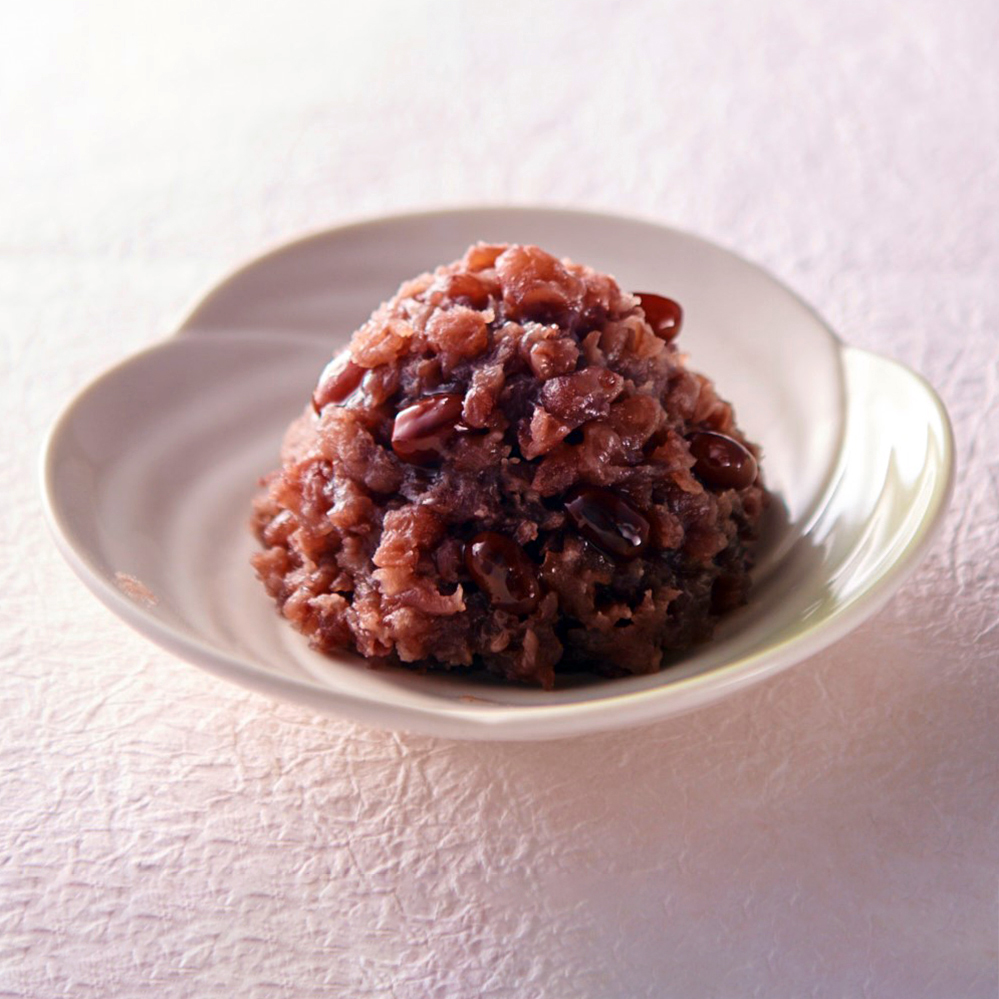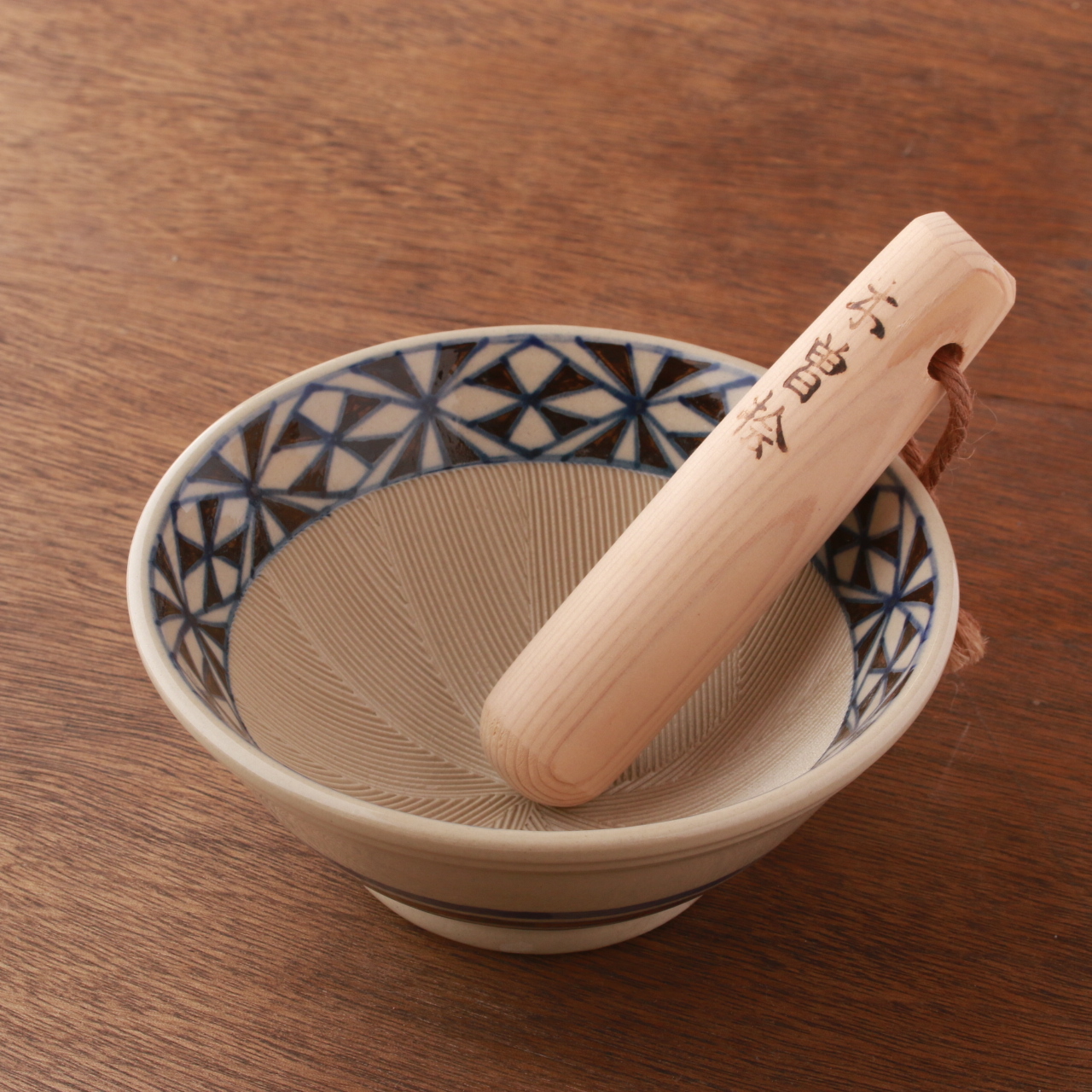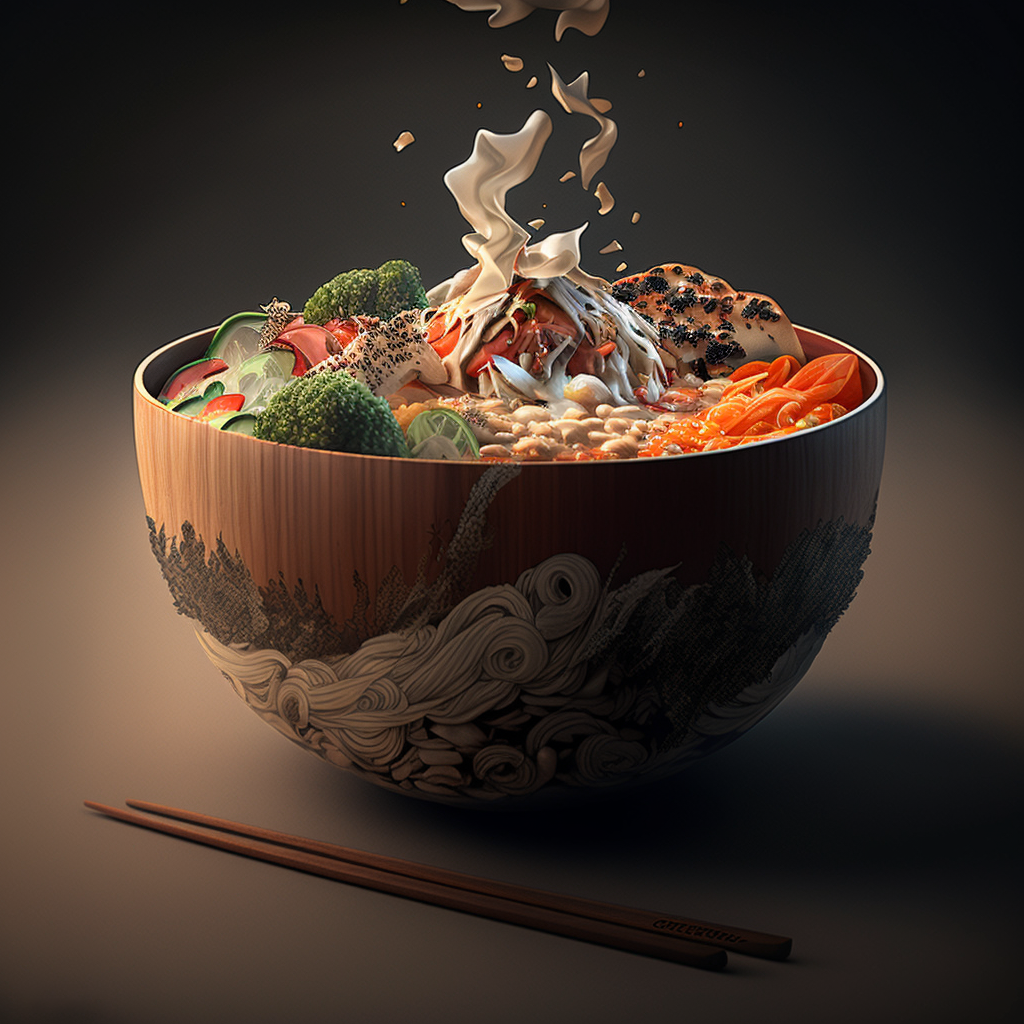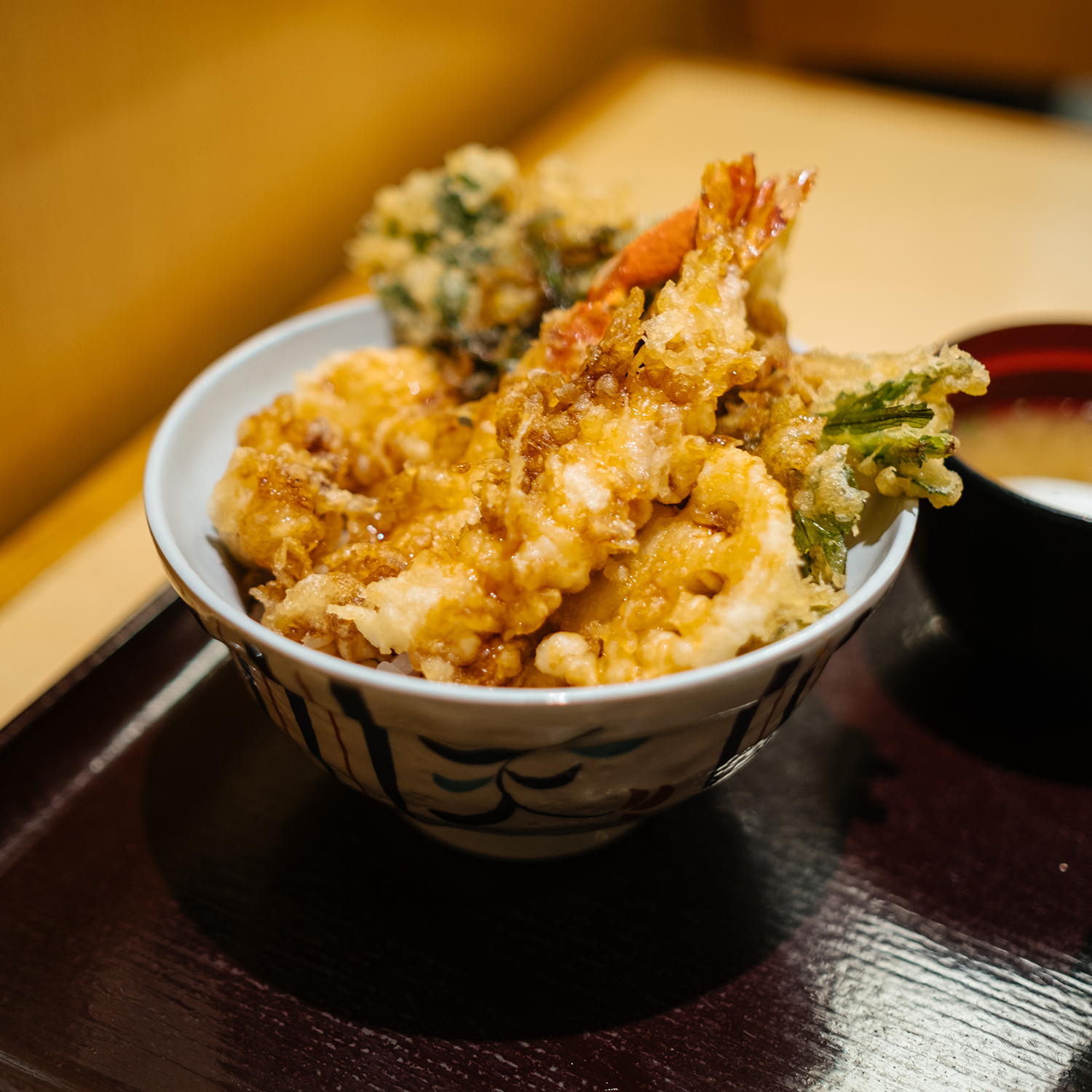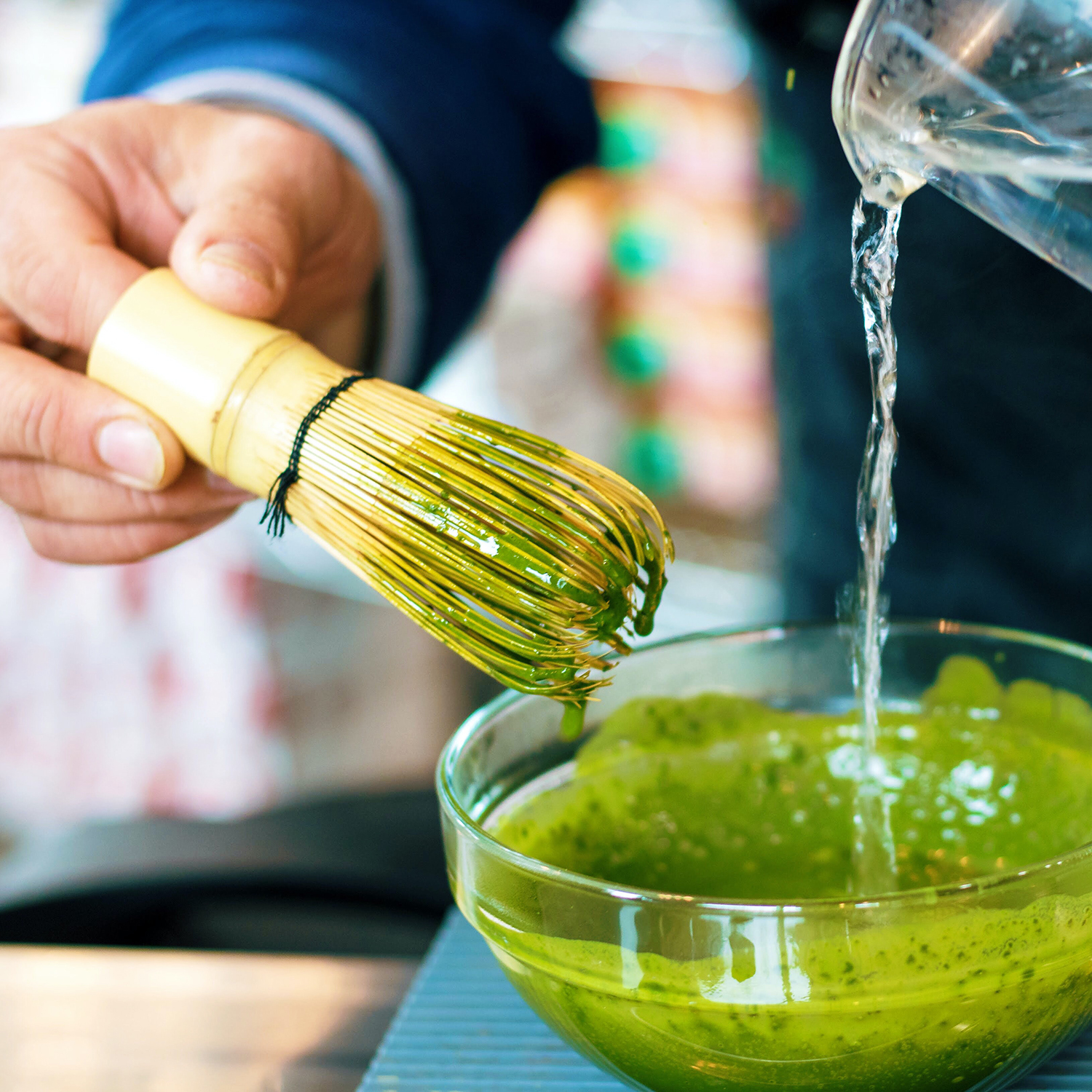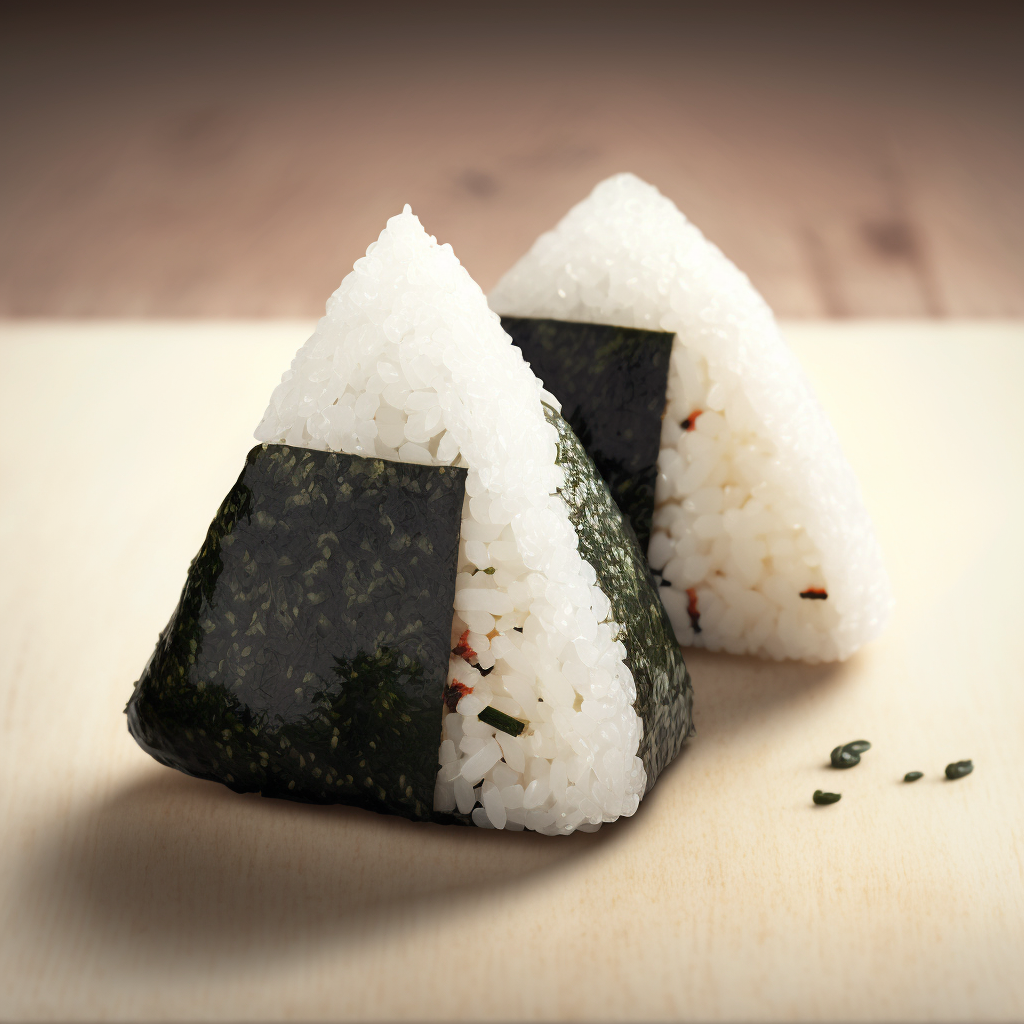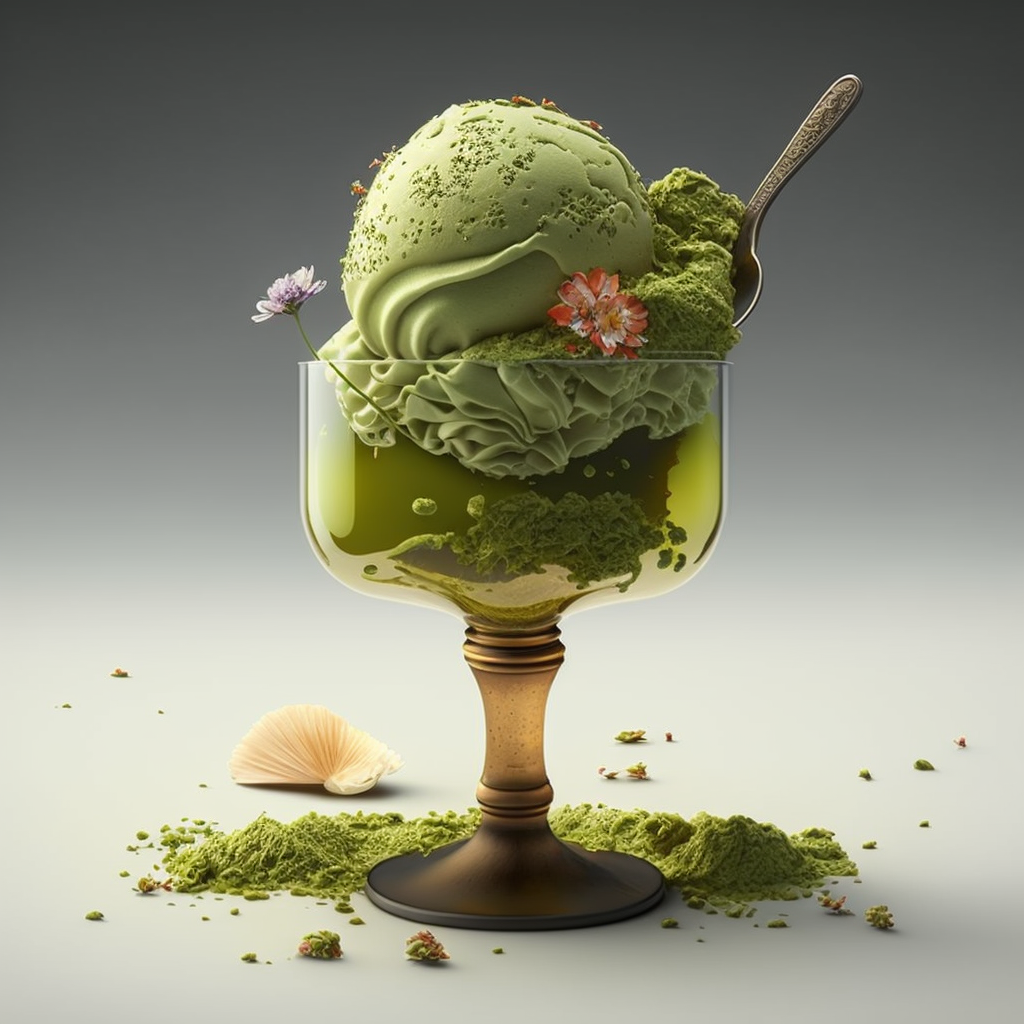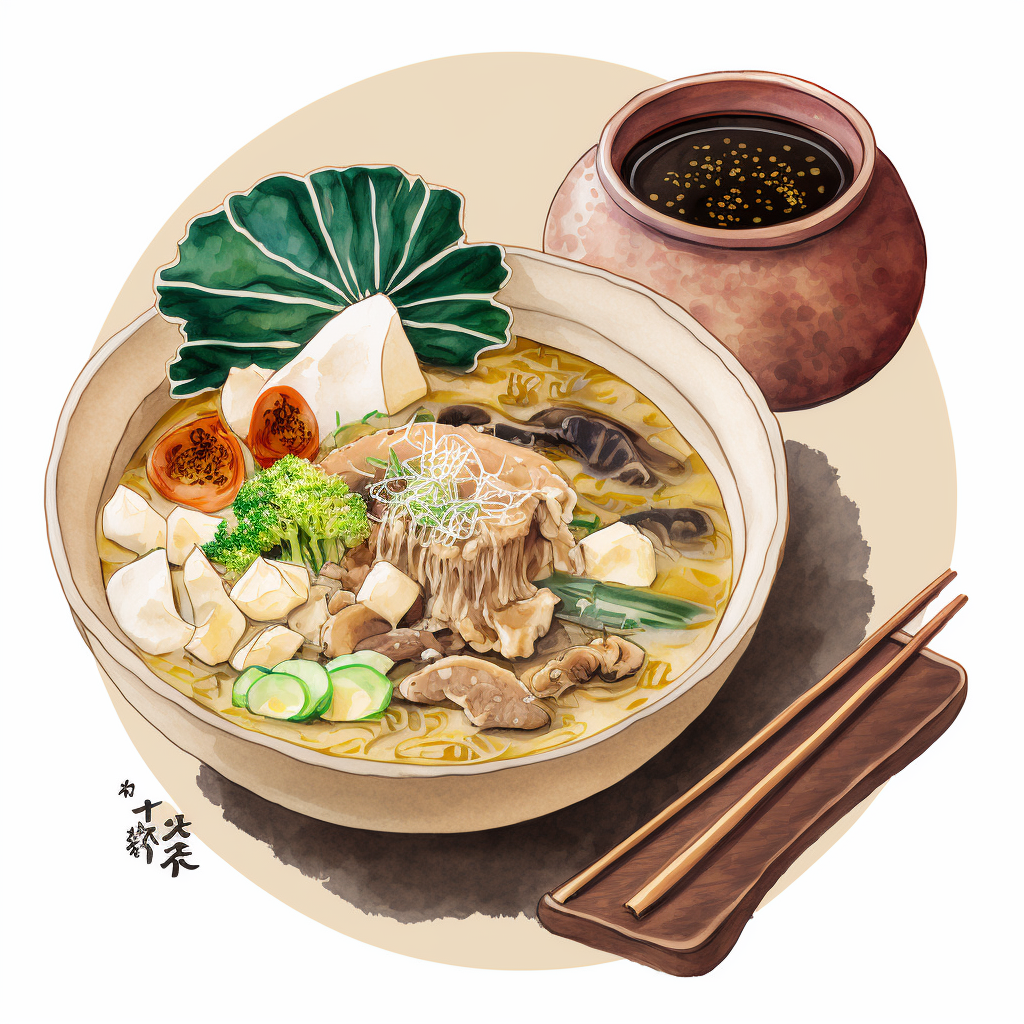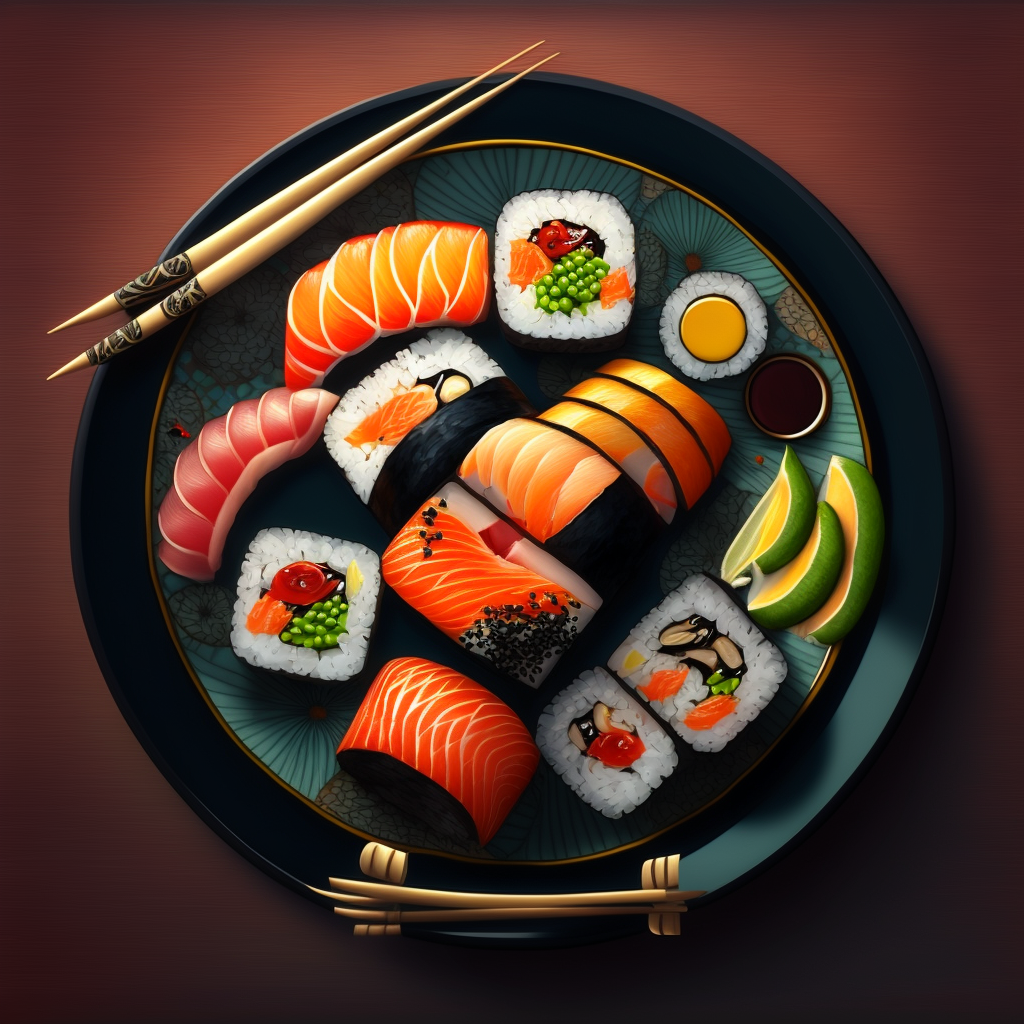Japanese cuisine, rich in millennia-old history and steeped in tradition, is a unique culinary experience that subtly combines taste, aesthetics and culture. From iconic sushi to comforting ramen, each dish tells a story of artisanal perfection and respect for ingredients. In this article, we’ll delve into the nuances of Japanese cuisine, explore its distinctive elements, and reveal the secrets to its global popularity.
The Foundations of Japanese Cuisine
At the heart of Japanese cuisine is the concept of umami, the fifth flavor that balances sweet, salty, sour and bitter. This quest for balance guides each preparation, from delicate sashimi to the flavorful broths of ramen.
Careful selection of ingredients is a key characteristic of Japanese cuisine. From fresh fish to seasonal vegetables, each component is carefully chosen to guarantee exceptional quality and harmony of flavors.
Emblematic Dishes of Japanese Cuisine
Sushi and Sashimi
Sushi, small edible works of art, has become world famous. From nigiri to maki, each bite is an explosion of flavors. Sashimi, finely cut slices of raw fish, highlight the freshness of the products.
Ramen, Japanese Comfort
Ramen, deliciously garnished bowls of noodles, embody Japanese comfort. Rich broths, perfectly cooked noodles and varied toppings create a symphony of taste in every spoonful.
Tempura, Crispy and Light
Tempura, a technique of Portuguese origin adopted by the Japanese, involves lightly frying ingredients such as shrimp and vegetables. The result is a crisp, light texture that retains the purity of flavors.
The Art of Presentation
Evolution of Japanese Cuisine
Japanese cuisine, much more than a simple gastronomic experience, is an immersion in art, tradition and balance. From the bustling streets of Tokyo to the Michelin-starred restaurants of Kyoto, each dish tells a story, a connection between past and present. Explore the delicacy of Japanese cuisine, and let each bite transport you to the heart of this exceptional culinary tradition.
The Daikon: Origins, Benefits and Culinary Uses
Introduction The Daikon is also known as Japanese white radish. It is a root vegetable belonging to the brassica family. Very popular in Asia, it…
Shiitake Mushroom: A Treasure of Japanese Cuisine
Shiitake (Lentinula edodes) is an edible mushroom native to East Asia. It is particularly prized for its taste qualities and its health benefits. Cultivated for…
Famiresu Restaurants : A Culinary Experience in Japan
Japan has a reputation for having refined and varied cuisine. It ranges from sushi to ramen, including tempura and yakitori. However, the lesser known Japan…
The Nattō: A Japanese Fermented Delight
The Nattō is a traditional Japanese dish. It is often considered an exquisite food for some and a culinary challenge for others. This unique preparation…
Tofu in Japan: Tradition and Innovation in the Culinary Art
In Japan, tofu, or “豆腐” (tofu) in Japanese, is much more than just a food. It is a centerpiece of Japanese cuisine, steeped in tradition…
Soy Sauce: A Pillar of Japanese Cuisine
Soy sauce, Japan’s iconic condiment, is much more than just a culinary ingredient. It embodies the very essence of Japanese gastronomy. Originating in China but…
Table Manners in Japan: A Complete Guide
In Japan, meals are not just about food but having good table manners. They are also imbued with traditions and rituals that deeply reflect the…
Izakayas: The Essence of Japanese Cuisine and Atmosphere
Izakayas, these Japanese cuisine establishments combining delicious cuisine, warm atmosphere and conviviality, have become essential destinations for lovers of gastronomy and Japanese culture around the…
The Kaiseki Ryori: A Japanese Culinary Art
At the heart of Japanese gastronomy lies a culinary art of incomparable elegance. He is known as the Kaiseki Ryori. This centuries-old gastronomic tradition originates…
Gohan Rice: Japanese Rice that Warms the Heart
At the heart of Japanese cuisine is a humble but essential food – gohan. This word, which simply means “rice” in Japanese, transcends its status…
The Mochi, a soft and delicate Japanese delight
The Mochi, these little Japanese treats, are true treasures of Asian cuisine. These delicious little cakes made from sticky rice are appreciated for their soft…
The Tsukemono: The Japanese Art of Vegetable Preservation
At the heart of Japanese cuisine, an ancient and delicious tradition persists – Tsukemono. These pickled condiments, which literally translate to “salted vegetables,” represent a…
Discover the delicious tradition of Japanese Dorayaki
Dorayaki, these delicious little Japanese cakes, are much more than a simple treat. They embody a long Japanese culinary tradition and have become a true…
The Chirashi: Japanese Culinary Art in a Bowl
The Chirashi, literally “scattered” in Japanese, is a traditional dish of Japanese cuisine. It combines freshness, subtle flavors and visual aesthetics. This dish is although…
The Gyozas: A Japanese Culinary Delight to Discover
The Gyozas, these little packets of exquisite flavors, originate from China. However, they have been enthusiastically adopted by Japanese cuisine. They offer an unforgettable gastronomic…
Festival of Seven Herbs : Japanese New Year Tradition
Nanakusa Gayu, or seven herb broth (七草粥, nanakusa-gayu), is a Japanese culinary tradition. In fact, it dates back more than 1,000 years. So, every year,…
Miso Soup: A Japanese Culinary Treasure with Authentic Flavors
Miso soup, often considered a mainstay of Japanese cuisine, is much more than just a soup. It embodies the essence of Japan’s culinary tradition, offering…
Japanese Dashi : A Broth of Umami and History in Traditional Cuisine
Dashi is a fundamental part of Japanese cuisine, playing an essential role in many traditional dishes. It is a basic broth used to intensify the…
Shabu Shabu: A gourmet Japanese experience
Shabu Shabu, a Japanese culinary tradition, offers a unique and delicious experience for fans of Asian cuisine. This dish, both light and refined, embodies the…
Furikake : An Explosion of Japanese Flavors
Japanese cuisine is renowned for its rich flavors, artistic presentation and diversity. Among Japan’s culinary treasures, Furikake stands out as a versatile condiment that adds…
Discovering Tonkatsu : the Japanese art of perfect breading
Tonkatsu is much more than just a Japanese dish. It is a sensory experience that combines the crispy texture of the breading with the tenderness…
Discovering Tonkatsu : the Japanese art of perfect breading
Tonkatsu is much more than just a Japanese dish. It is a sensory experience that combines the crispy texture of the breading with the tenderness…
Discover the Delicious Udon Recipe: Authentic Japanese Noodles
Udon are one of Japan’s culinary treasures, loved for their simplicity and deliciously comforting taste. These thick noodles, made from wheat flour, are traditionally served…
Discover the Amazing World of Ramune: Japanese History and Refreshment
When we think of Japan, images of picturesque landscapes, samurai and sushi often come to mind. However, there is another icon, less known but just…
Discover the delicious Melon Pan – A Japanese pastry must-have
Melon Pan, literally translated as “melon bread”, is a Japanese culinary specialty that has captured the hearts of sweet tooths. Contrary to what its name…
Ramen: A delicious journey to the heart of Japanese cuisine
Ramen, a traditional Japanese dish, is much more than just a bowl of noodles. It’s a culinary journey that takes you through the bustling streets…
The different types of Japanese green teas
The Japanese culture is unique and brings a great variety of culinary delights to the table. Its green teas are among the most sought after…
Gyudon: the delicious fusion of Japanese cuisine and tender beef
Gyudon, literally “beef bowl” in Japanese, is a dish that will delight lovers of Japanese cuisine and tender beef. This culinary specialty, very popular in…
Discover the world of Japanese whisky: a unique experience
Japanese whisky has become a worldwide reference in the field of high-end spirits. For several decades, Japanese distilleries have made a name for themselves thanks…
Okonomiyaki: the delicious all-purpose Japanese pancake
Okonomiyaki is a popular and delicious dish in Japanese cuisine. It is a thick pancake made of cabbage, eggs and flour, which can be filled…
Discover karaage, the delicious Japanese fried chicken!
Karaage is a delicious and popular Japanese dish, appreciated all over the world for its unique taste and crispy texture. This culinary specialty is easy…
Tataki, the Japanese technique for preparing fish or meat
Tataki is a Japanese cooking technique that consists of quickly searing fish or meat over a hot flame, then cooling it immediately before slicing it…
Takoyaki: the unmissable Japanese culinary specialty to discover
Takoyaki is a Japanese culinary specialty originating from Osaka. They are small balls of dough made of flour, eggs, dashi (fish broth), sake and salt,…
Yakitori: a tasty Japanese skewer to discover
Yakitori is a traditional Japanese dish that has become increasingly popular around the world. This dish consists of grilled chicken skewers that are usually seasoned…
Katsu Curry: a tasty fusion of meat and sauce
Katsu curry, also known as Katsu-kare in Japanese, is a dish in Japanese cuisine that has gained popularity around the world because of its unique…
Wagyu beef: a unique and exceptional culinary experience
Wagyu beef is a Japanese breed of beef that is known for its high quality meat. It is a breed that is raised under very…
Anko pastry: a Japanese pastry staple
Anko pastry, also known as an, is a sweet red bean paste traditionally used in Japanese cuisine. It is used to make a wide variety…
SURIBACHI, Japanese mortar
The suribachi (すり鉢or 擂钵) is a traditional Japanese tool used to grind ingredients for the preparation of dishes such as goma-ae (sesame seasoned spinach) and…
Donburi mono, popular Japanese dish
Origin and history of donburi mono Donburi Mono is a traditional Japanese dish that has its roots in the country’s rich culinary heritage. It is…
Tempura, an iconic Japanese dish
Tempura is a popular and delicious Japanese dish that consists of vegetables, seafood or meat fried in a light and crispy batter. This dish is…
The Chasen whisk: the tool for the preparation of Matcha
The Chasen is a traditional bamboo whisk used to prepare Matcha tea, a type of green tea powder originating in Japan. This tool is considered…
Enjoy Onigiri, the Japanese Delight!
Looking for a healthy and delicious snack? Discover the Japanese delight – Onigiri! Quick and easy to prepare, Onigiri is a nutritious and tasty way…
Matcha tea ice cream, a sweet treat for the summer?
In Japan, matcha tea ice cream is considered a wagashi; in other words, it is a typical Japanese pastry. In the last few years, matcha…
Matsutake, an autumn mushroom
“Matsutake” (Japanese 松茸, pine mushroom, Tricholoma Matsutake) is the common name for a mushroom that grows in Asia, Scandinavian Europe, and North America. Very popular…
Japanese sushi, a delicacy to be enjoyed in all its forms
Sushi is a traditional Japanese dish consisting of vinous rice pressed and seasoned with rice vinegar, sugar and salt, served with various ingredients such as…

